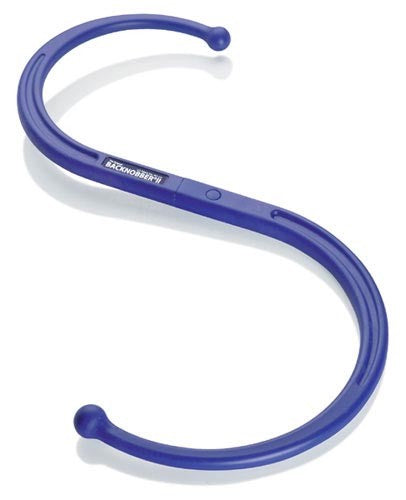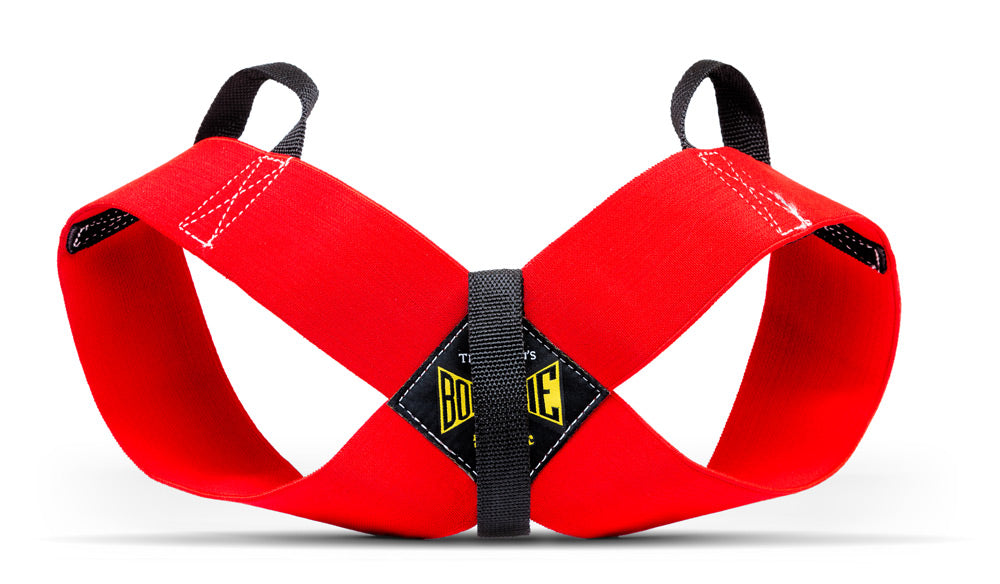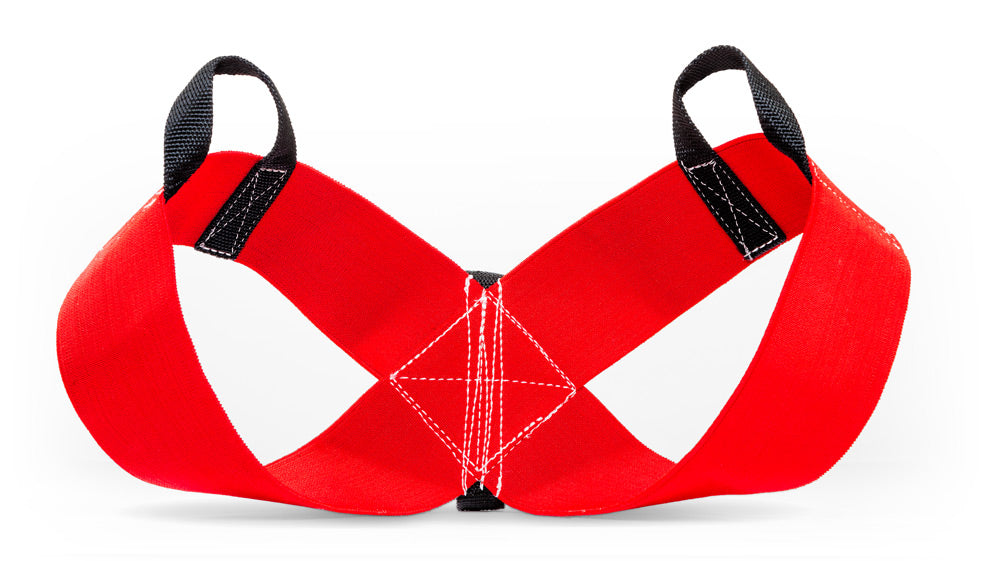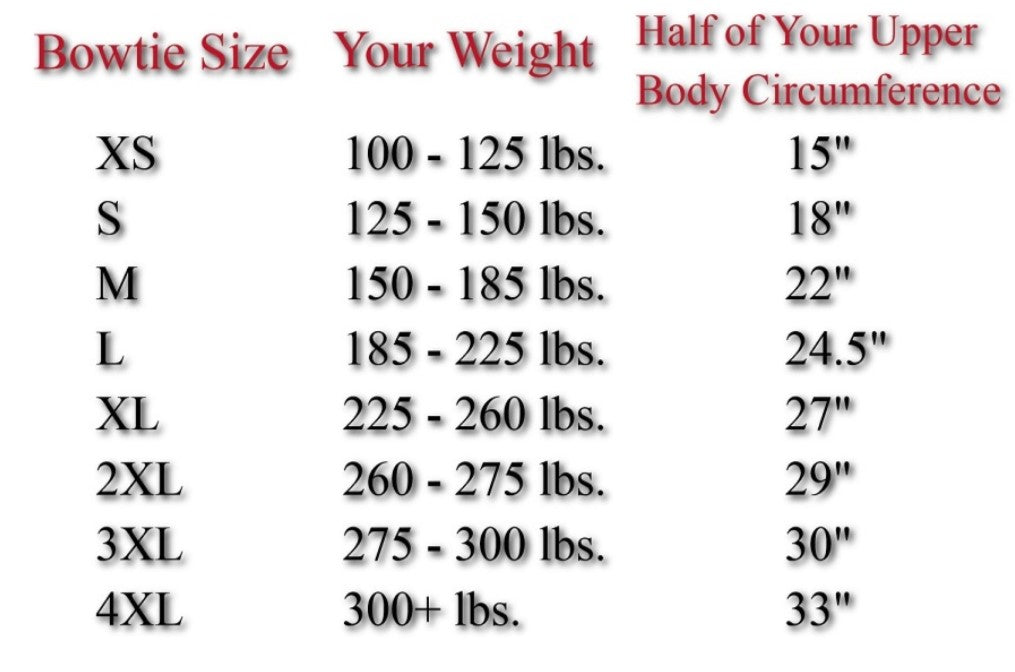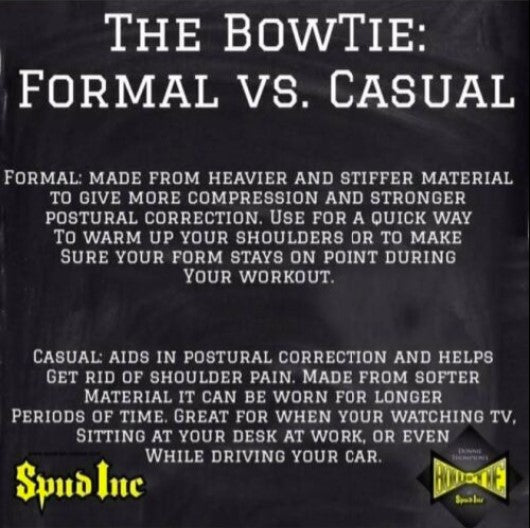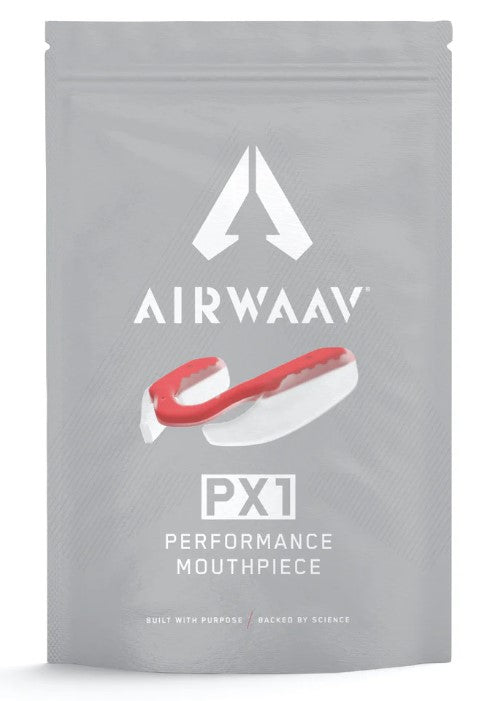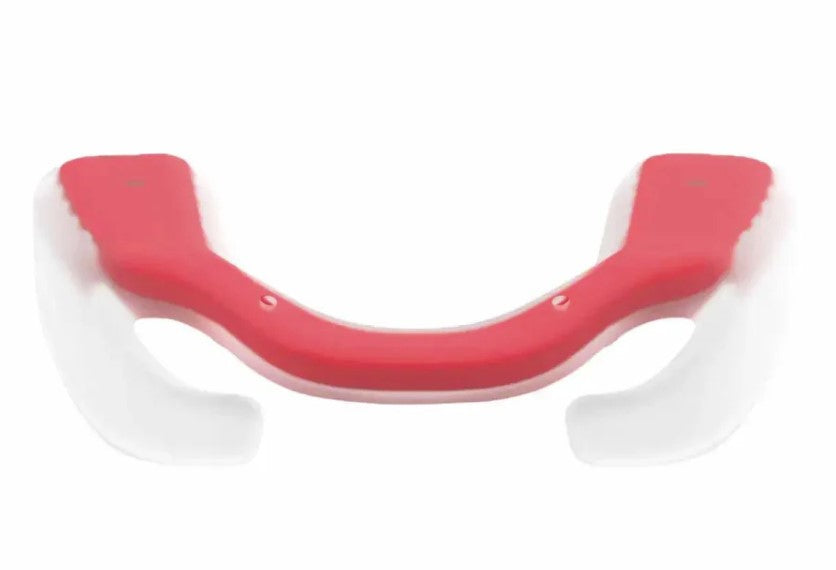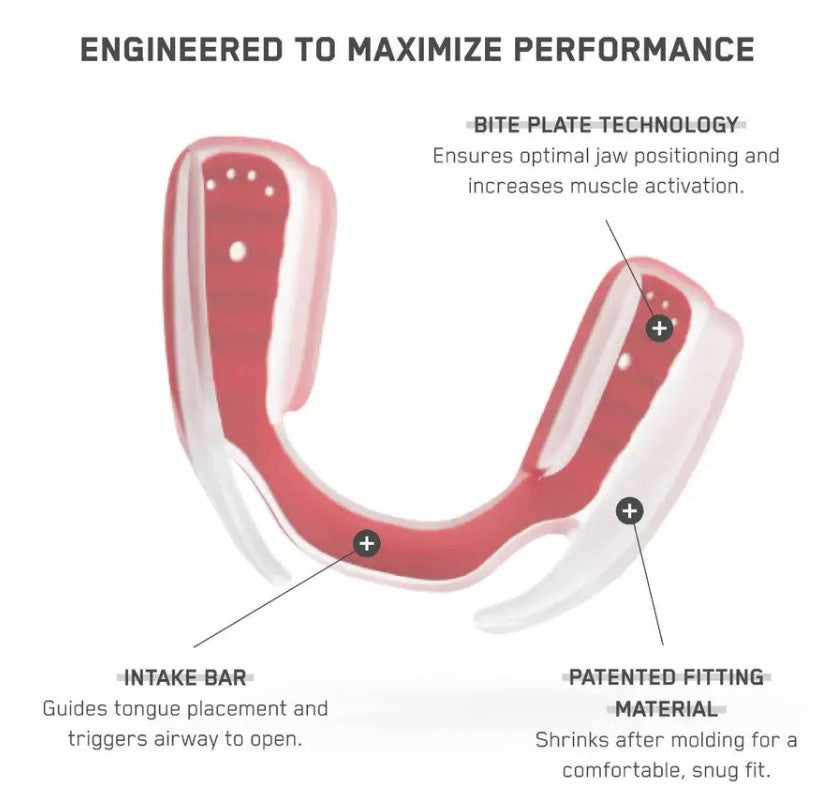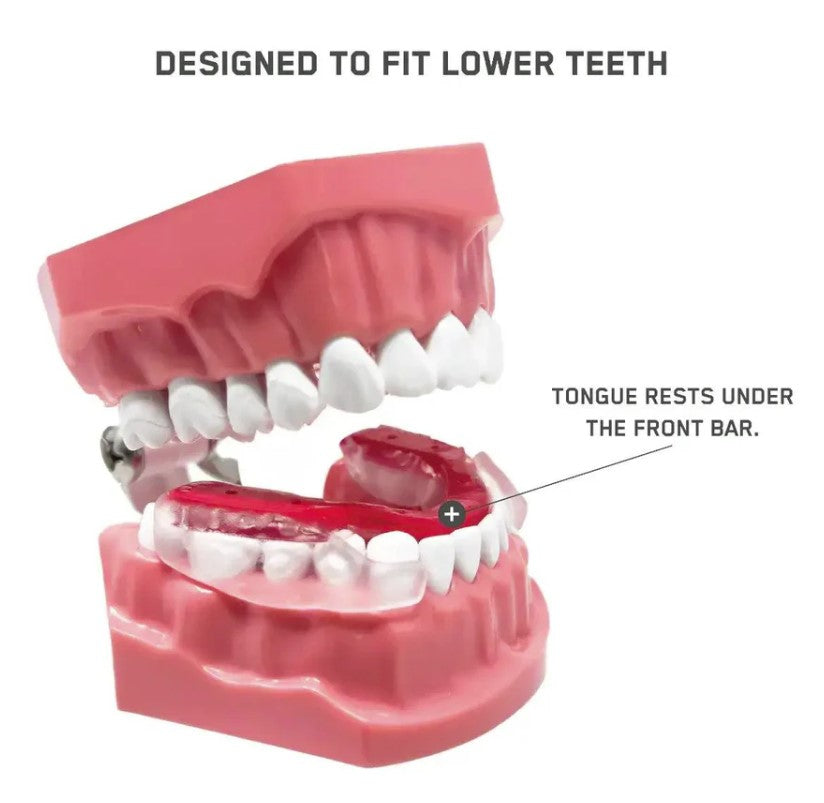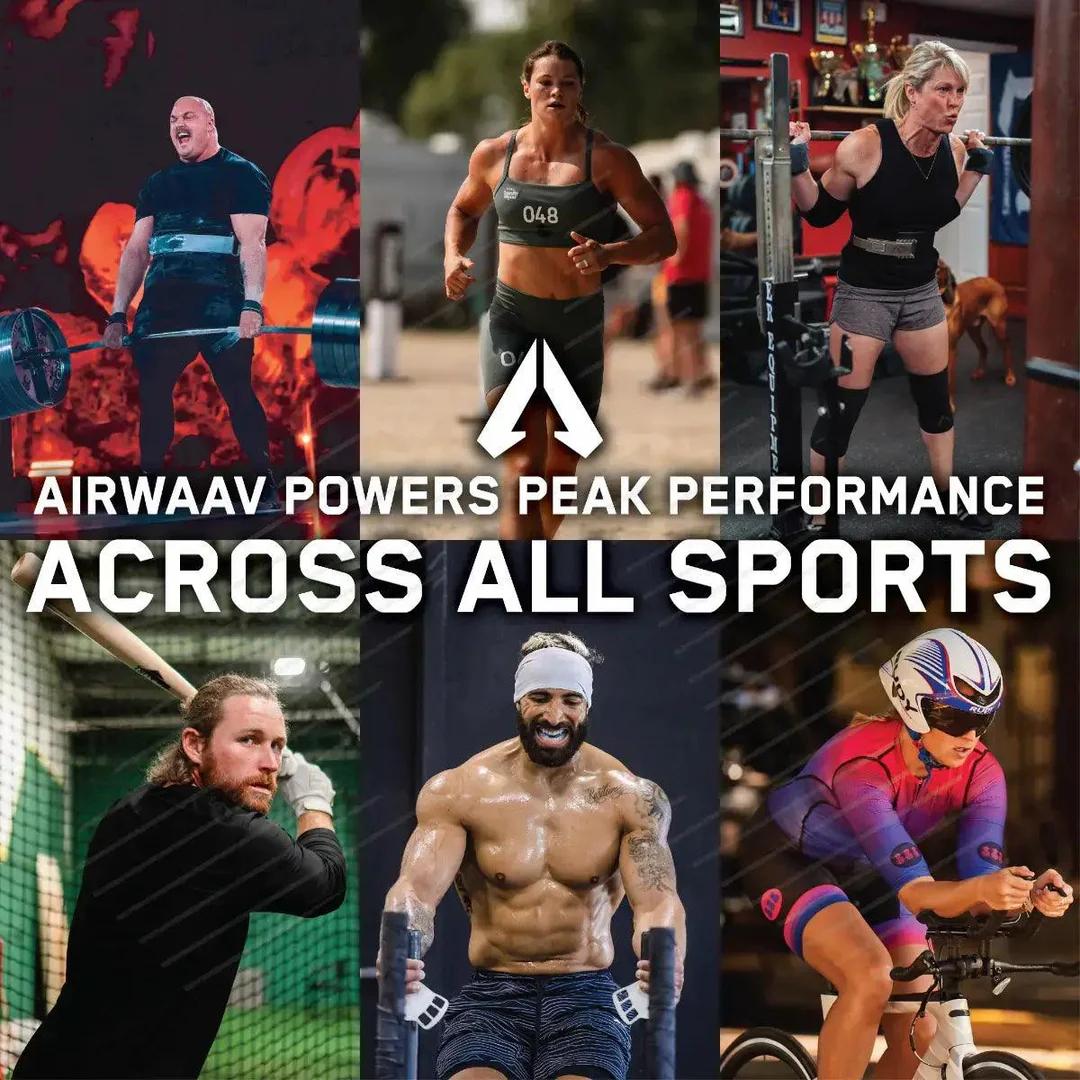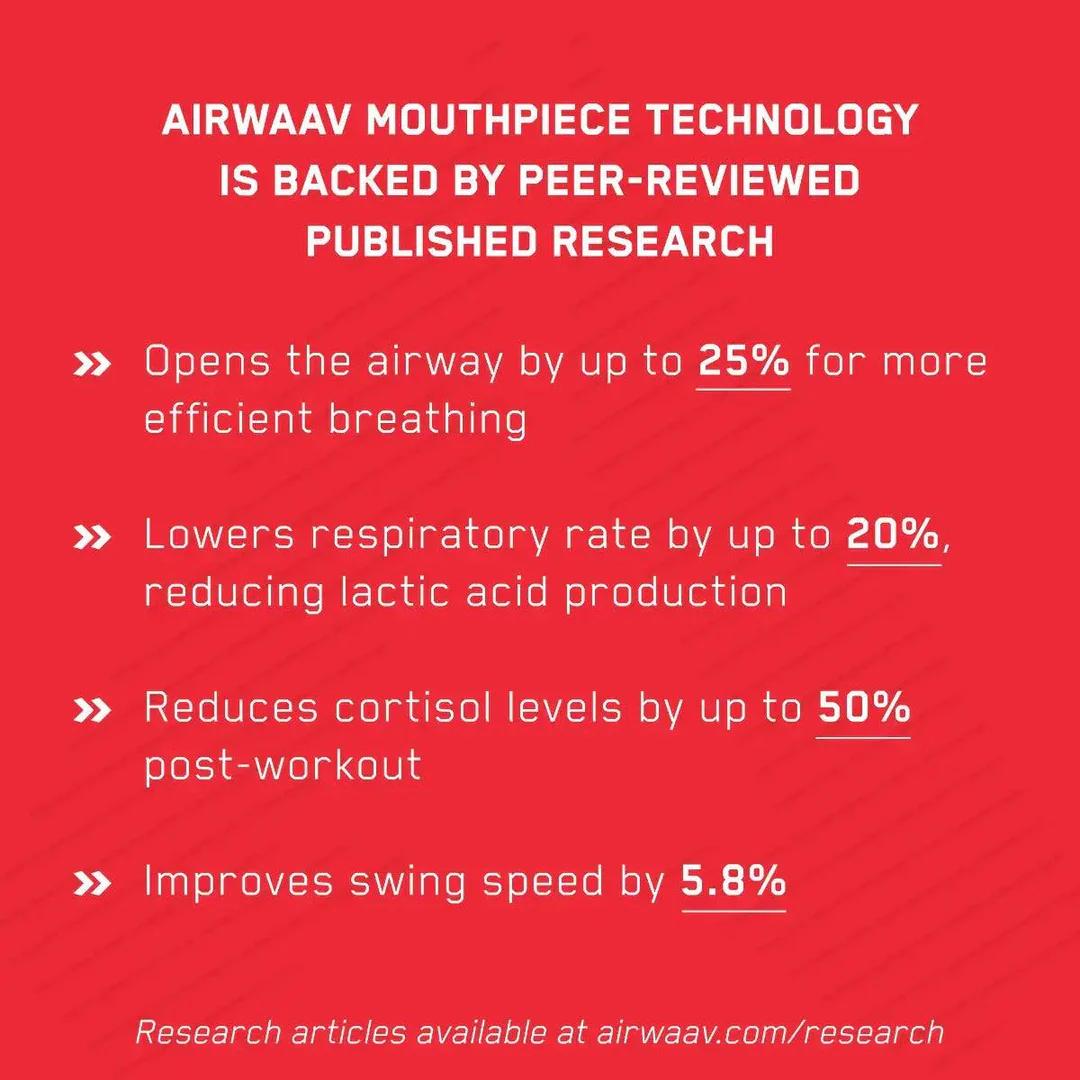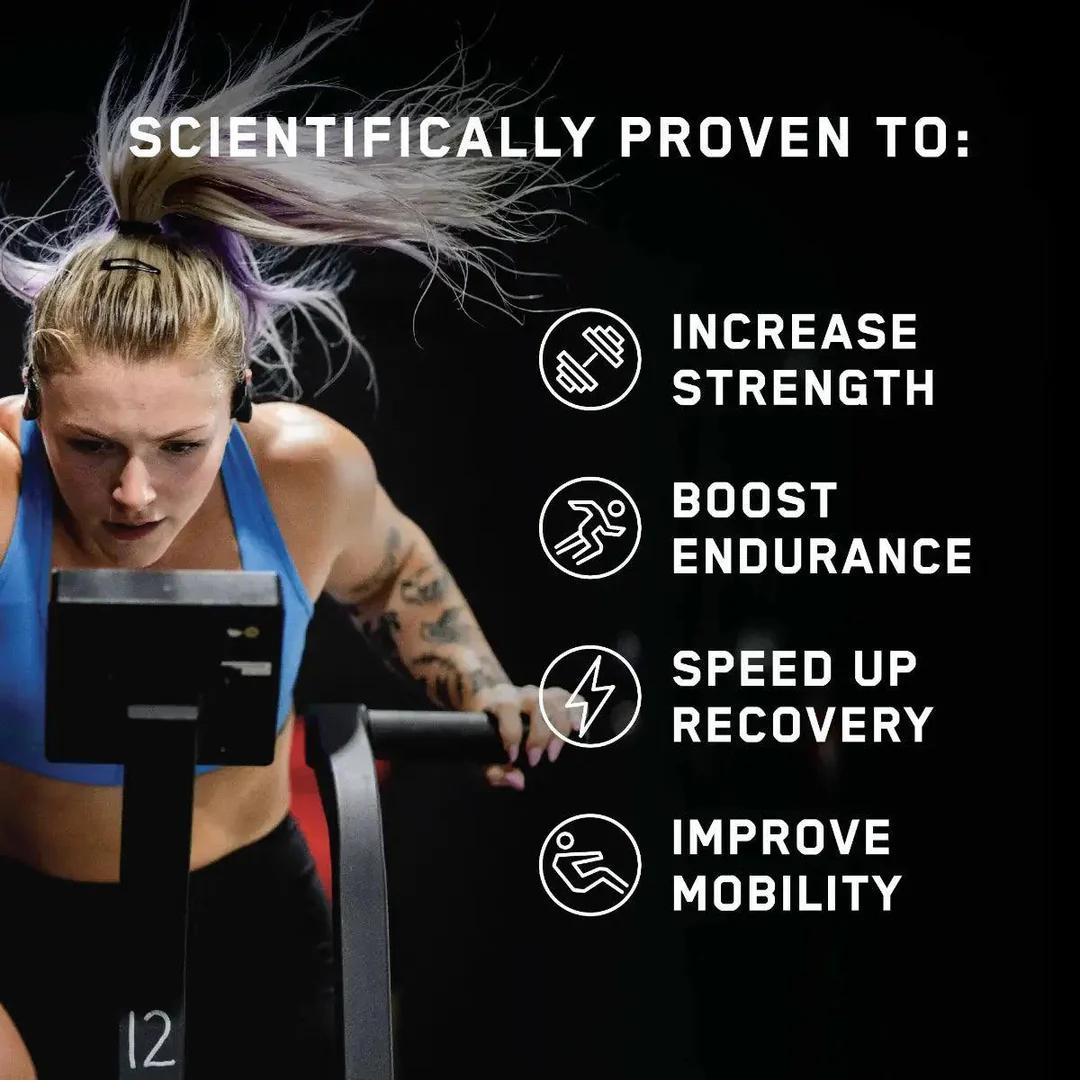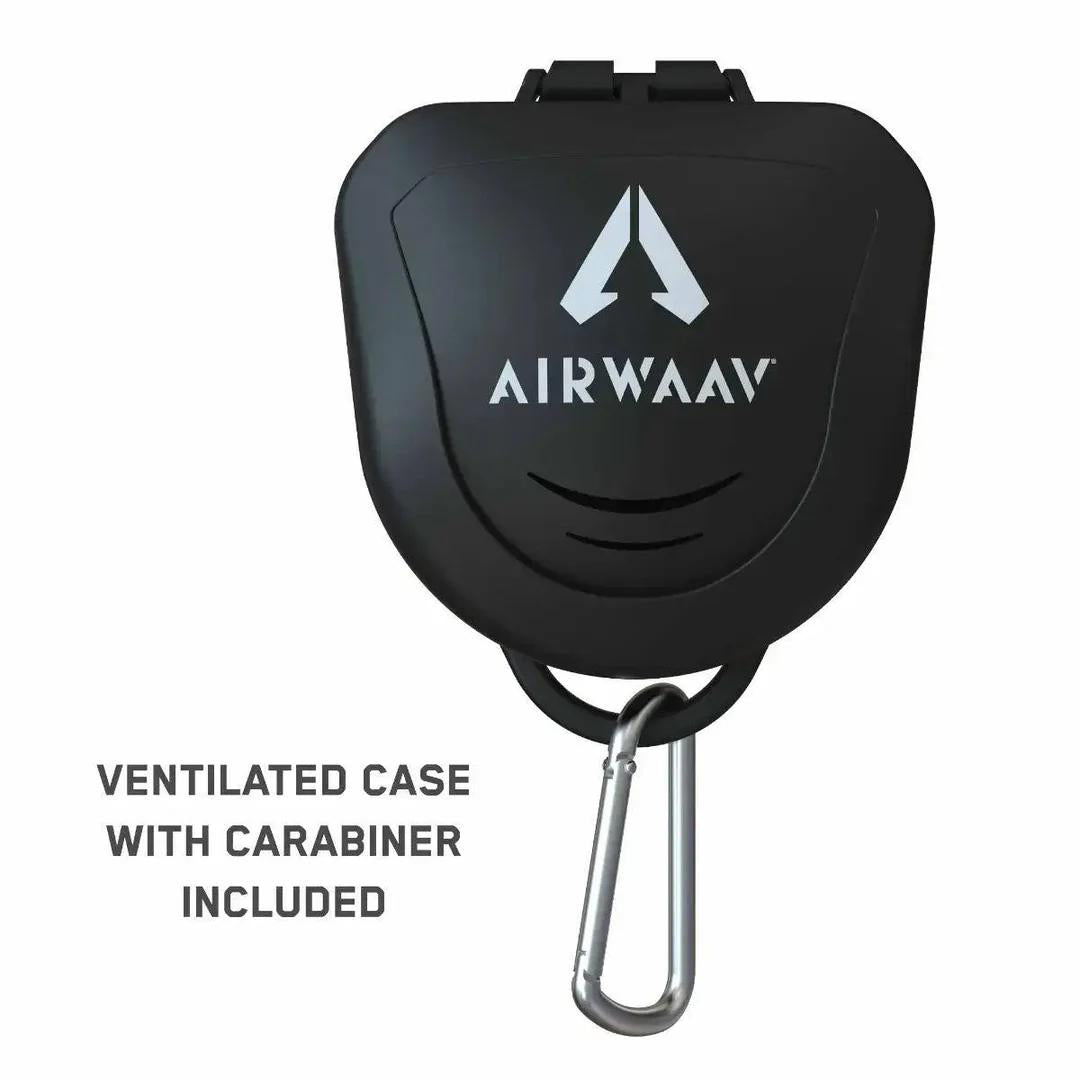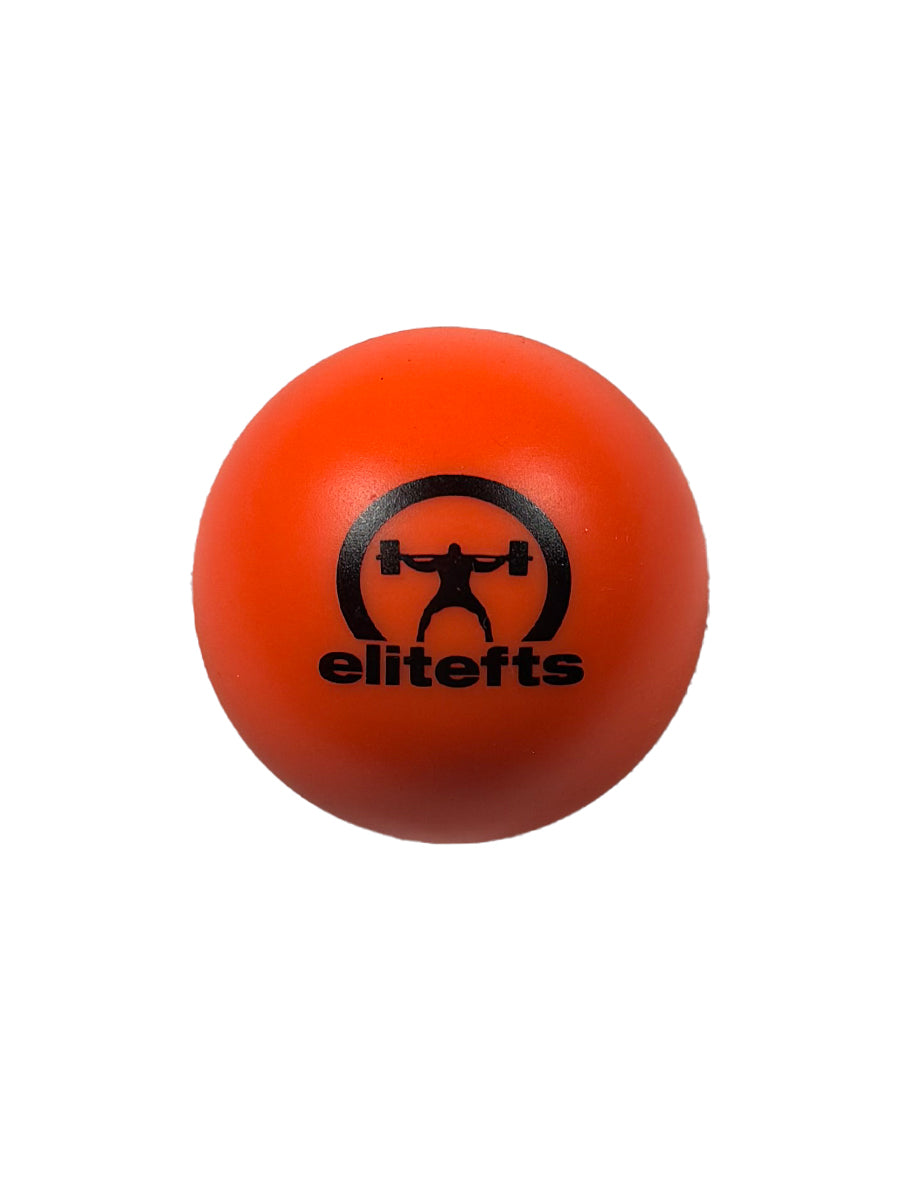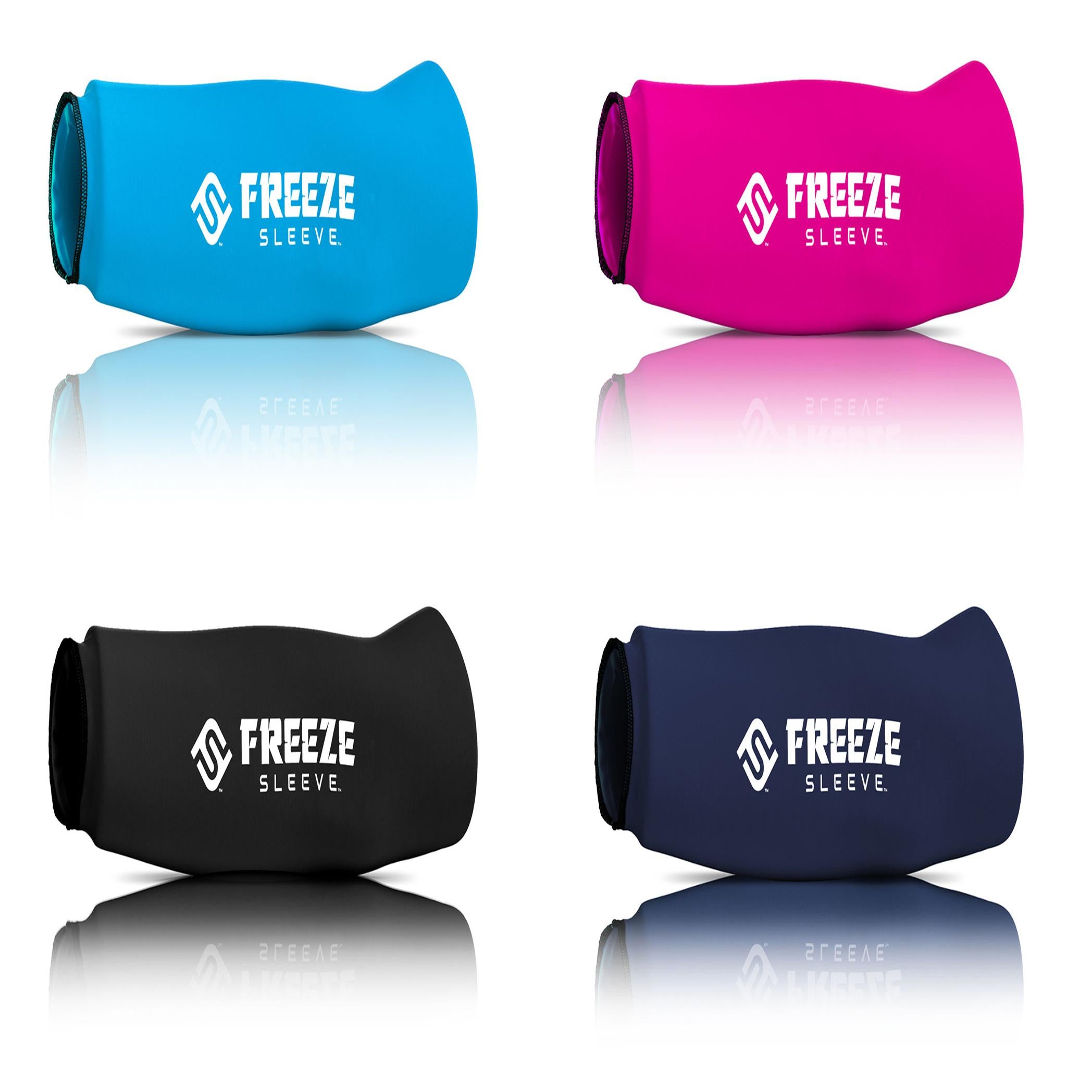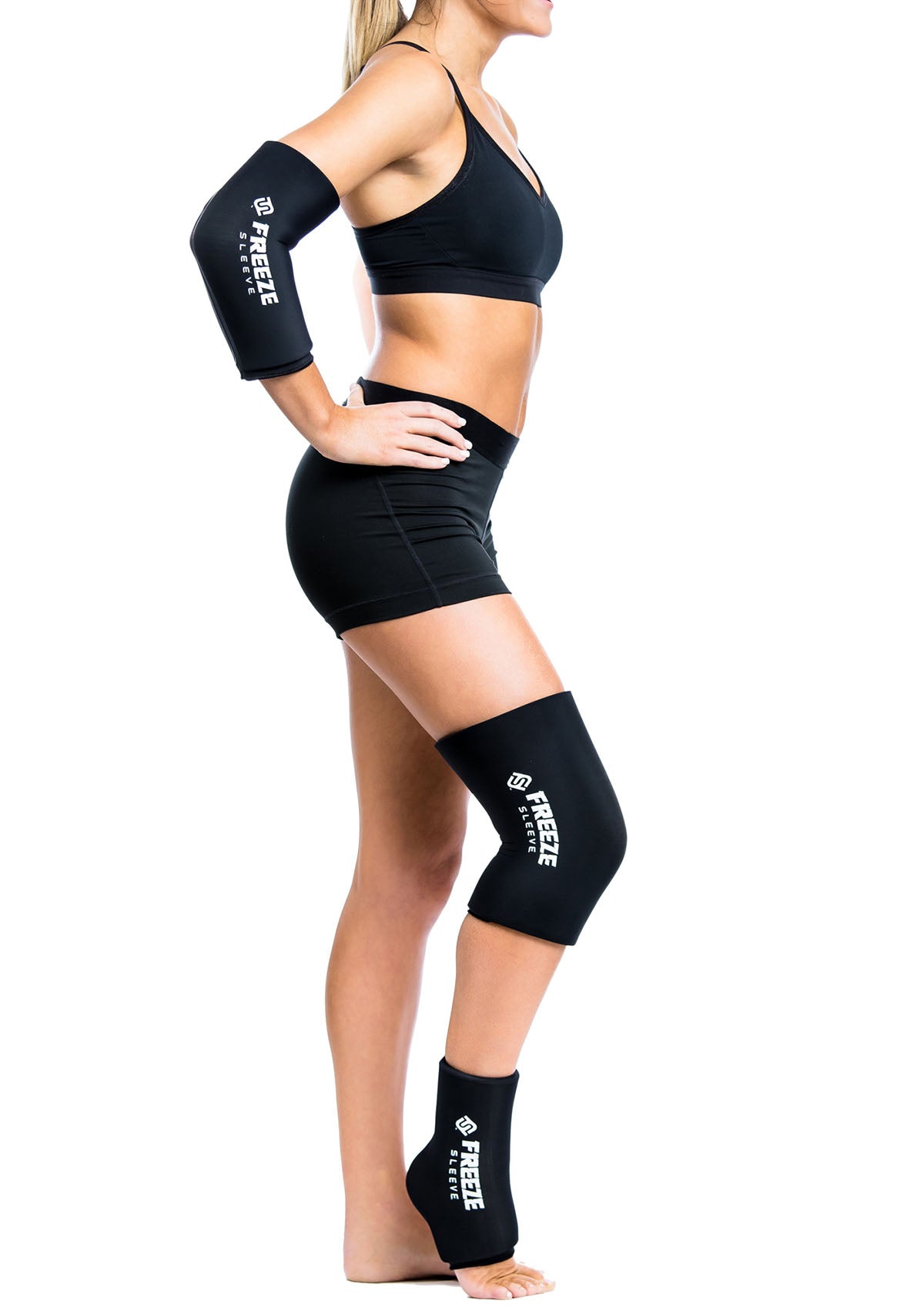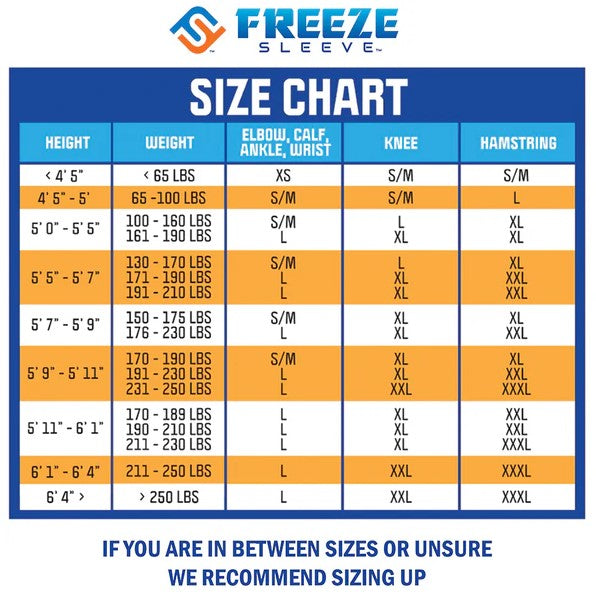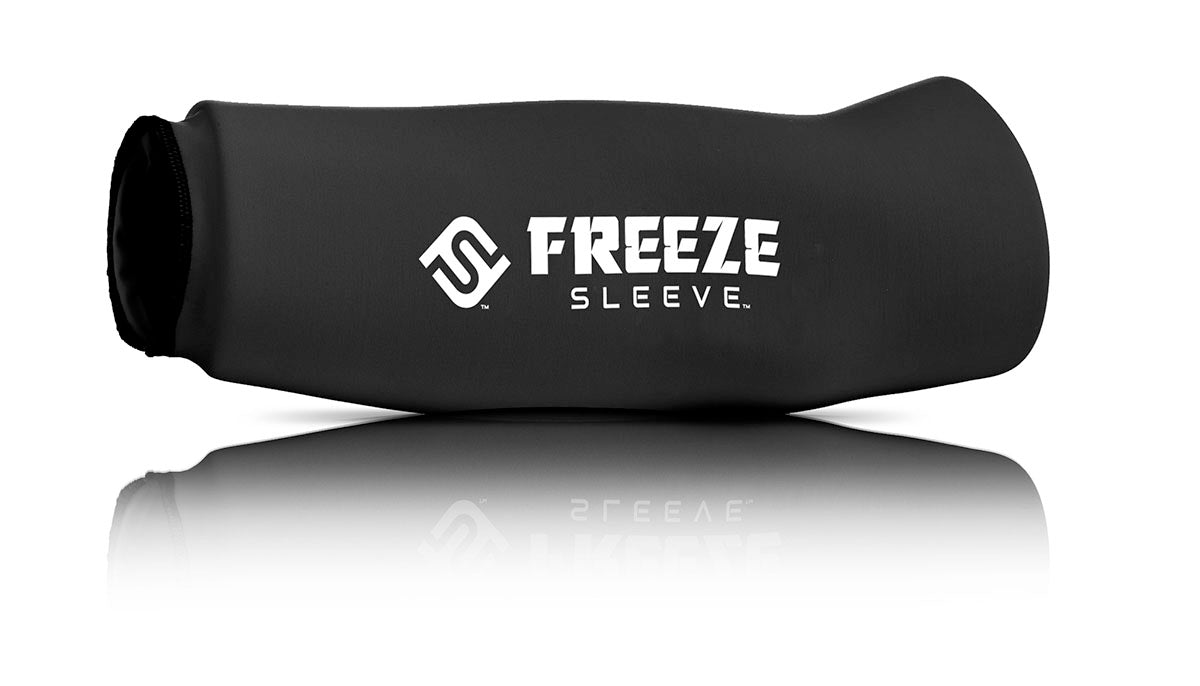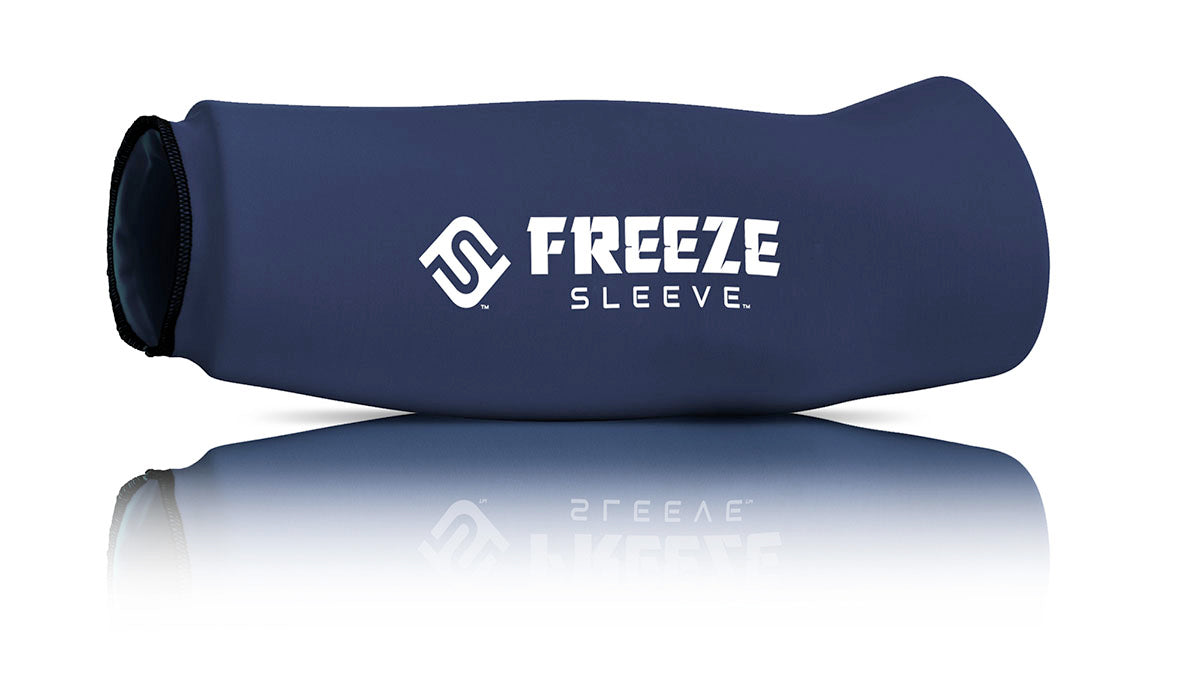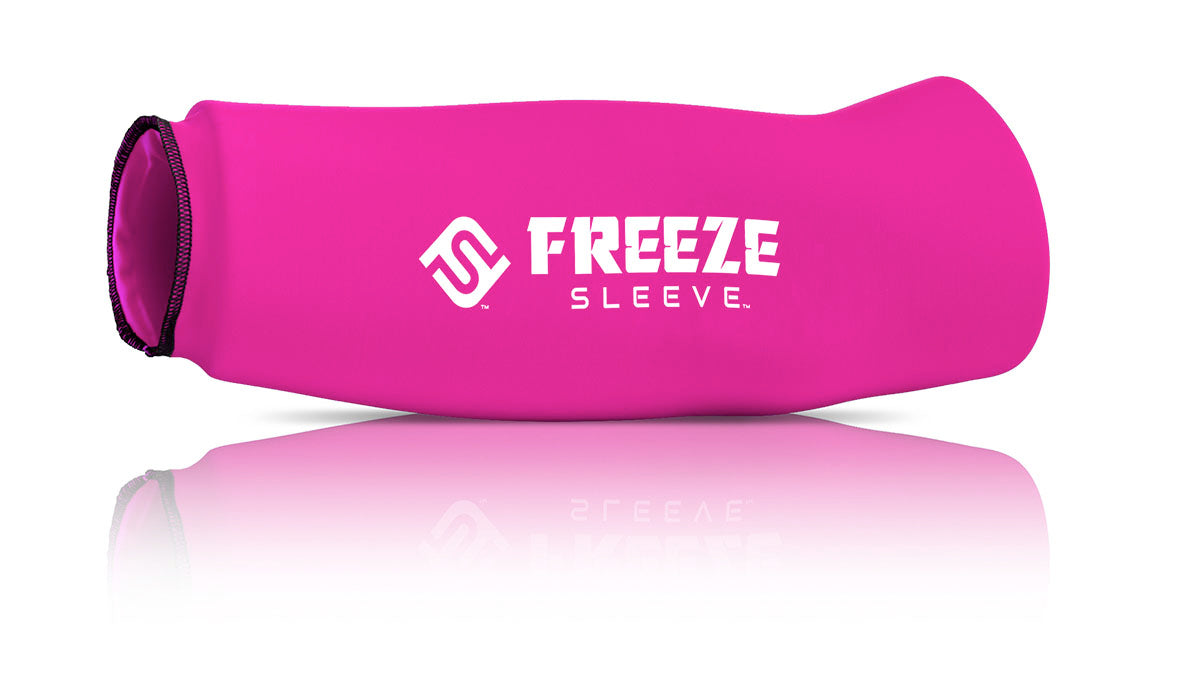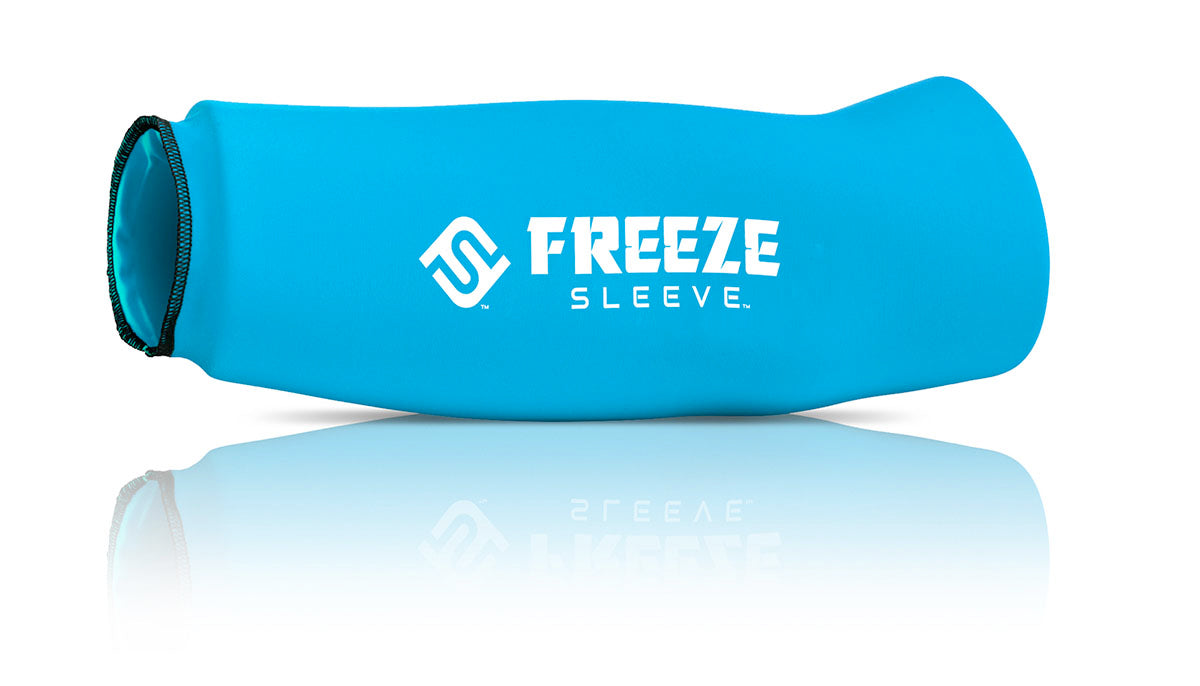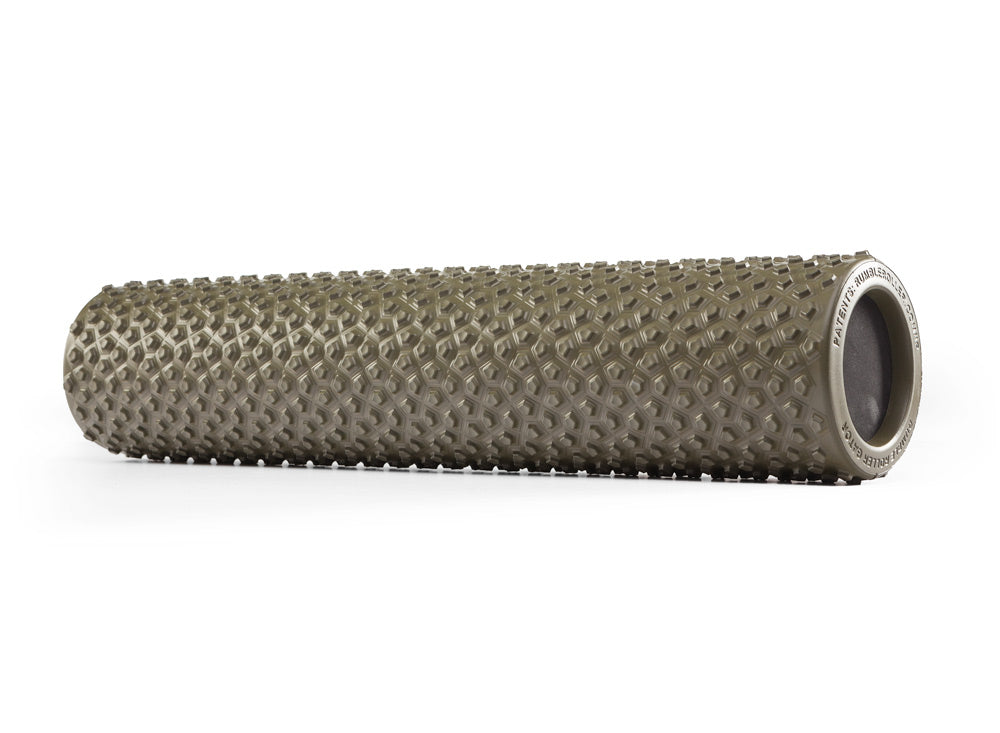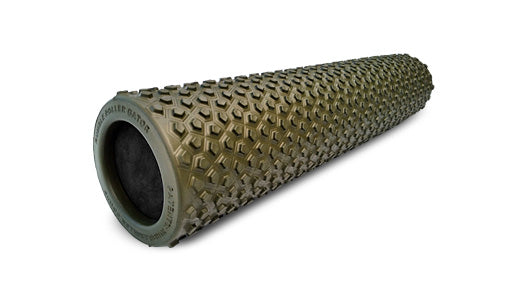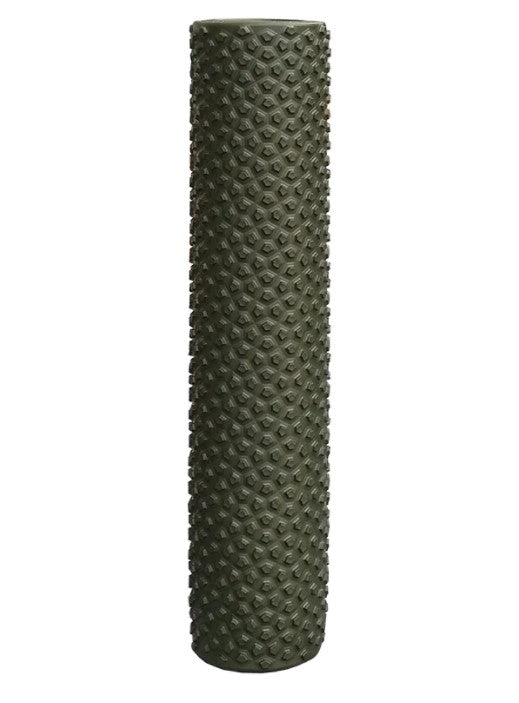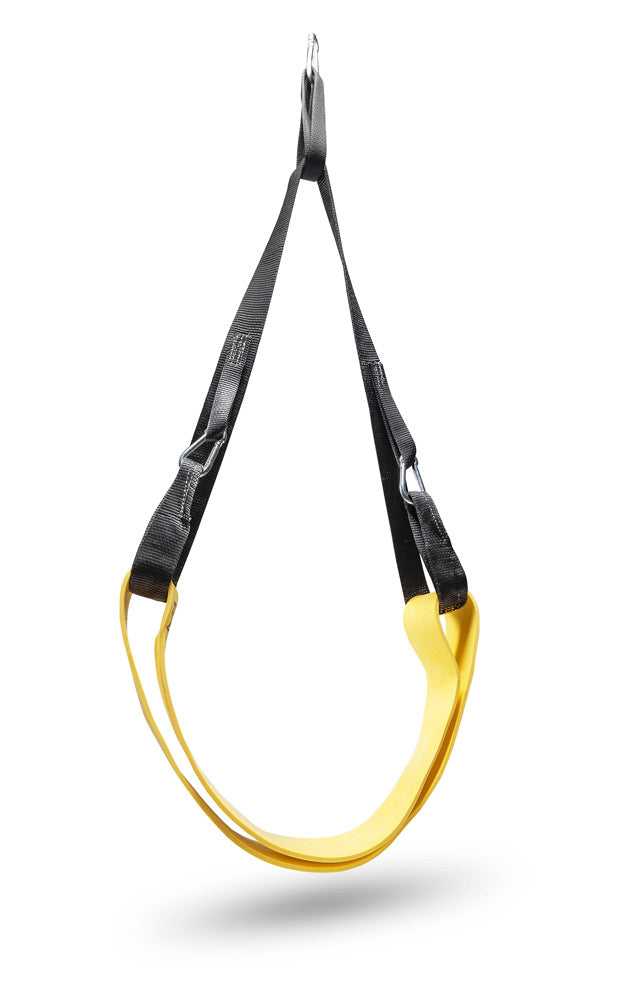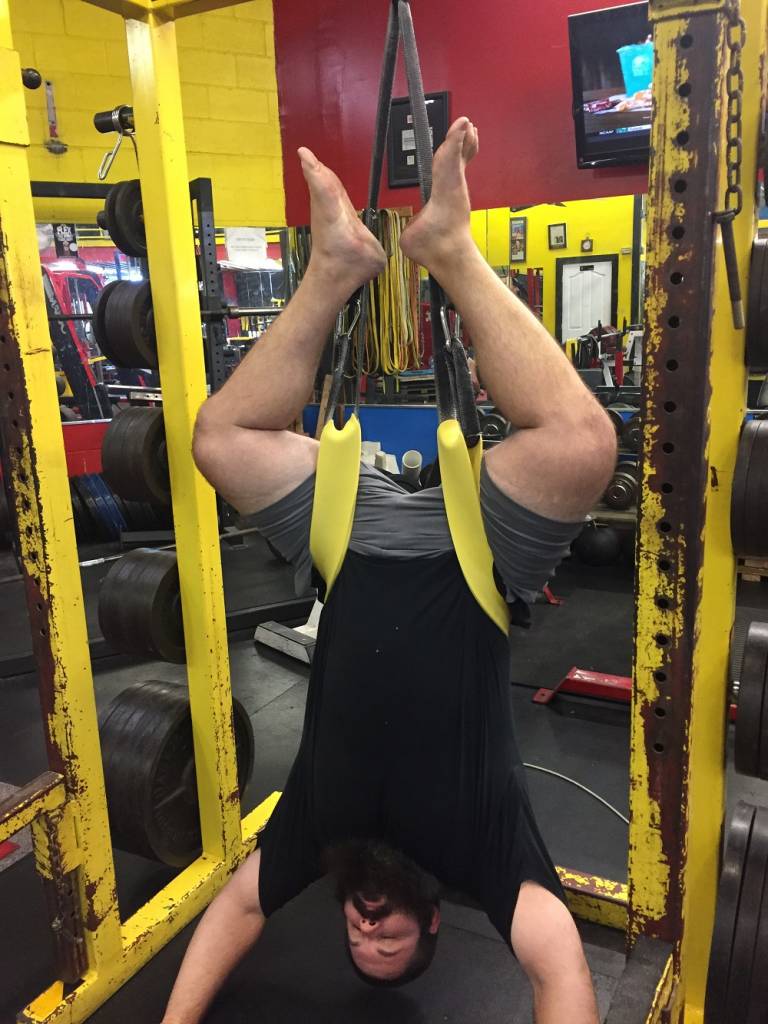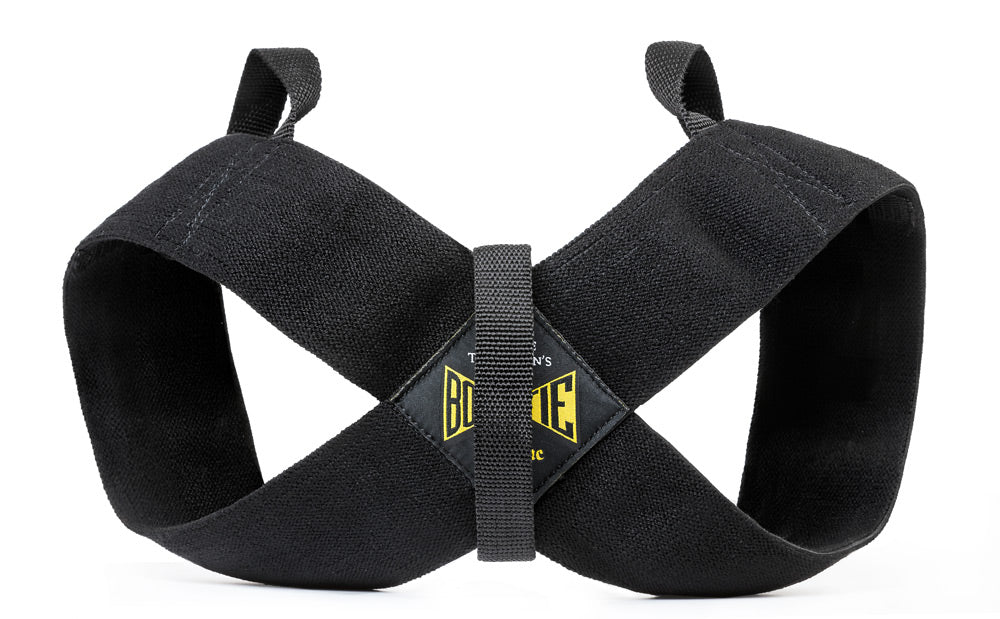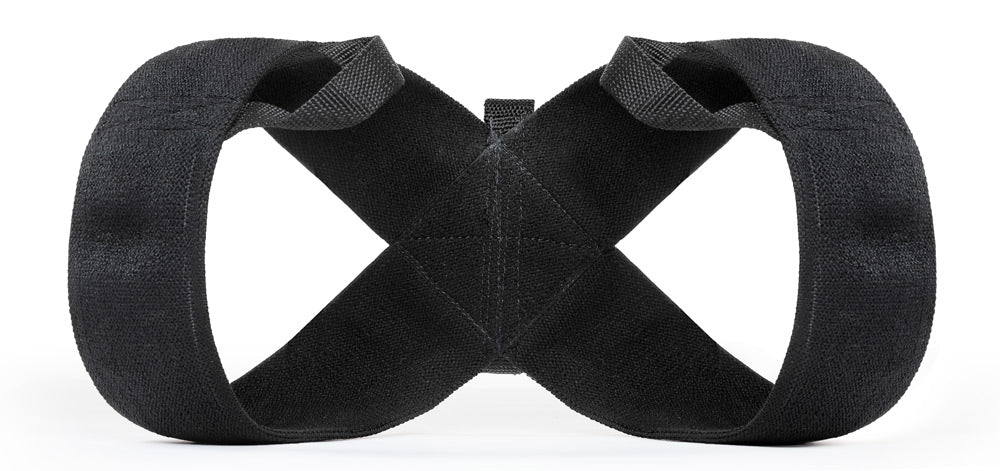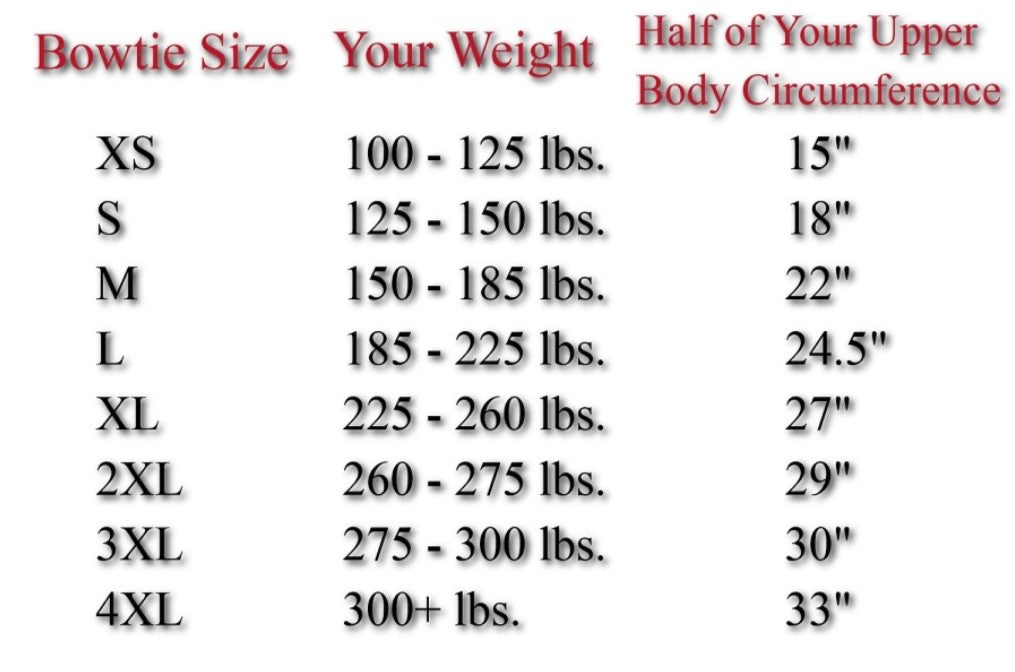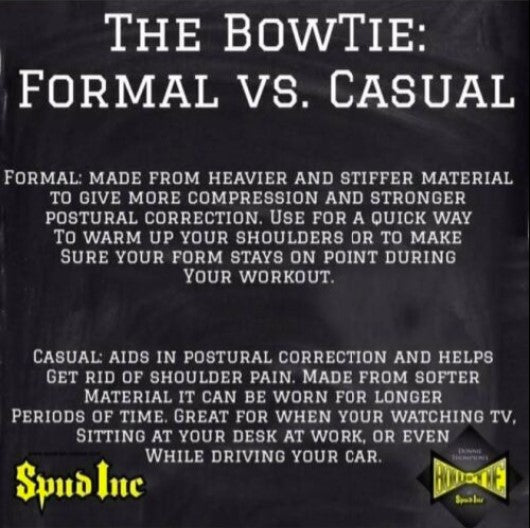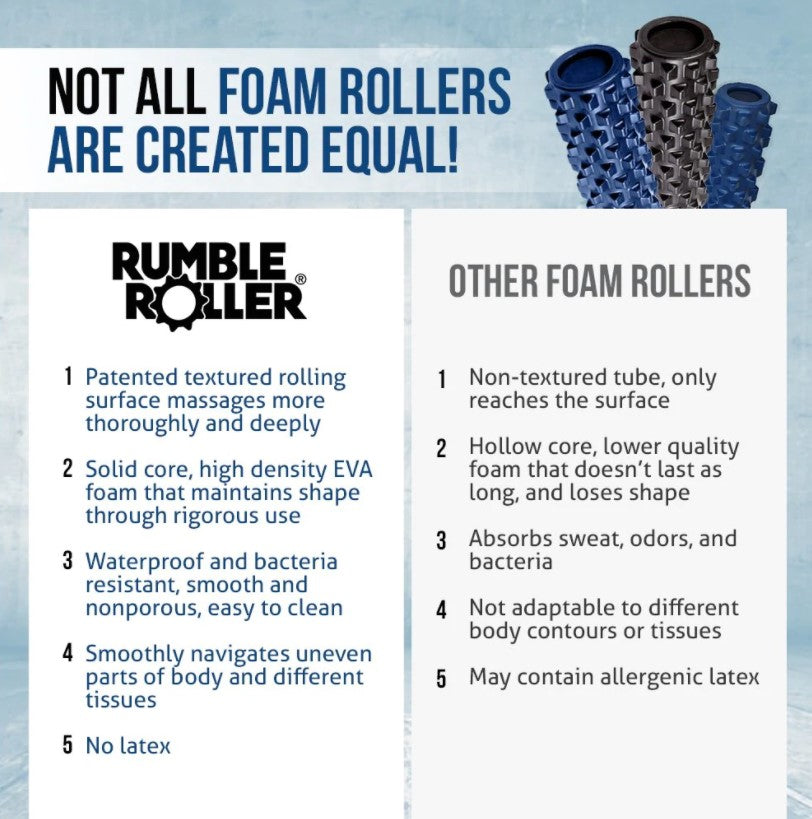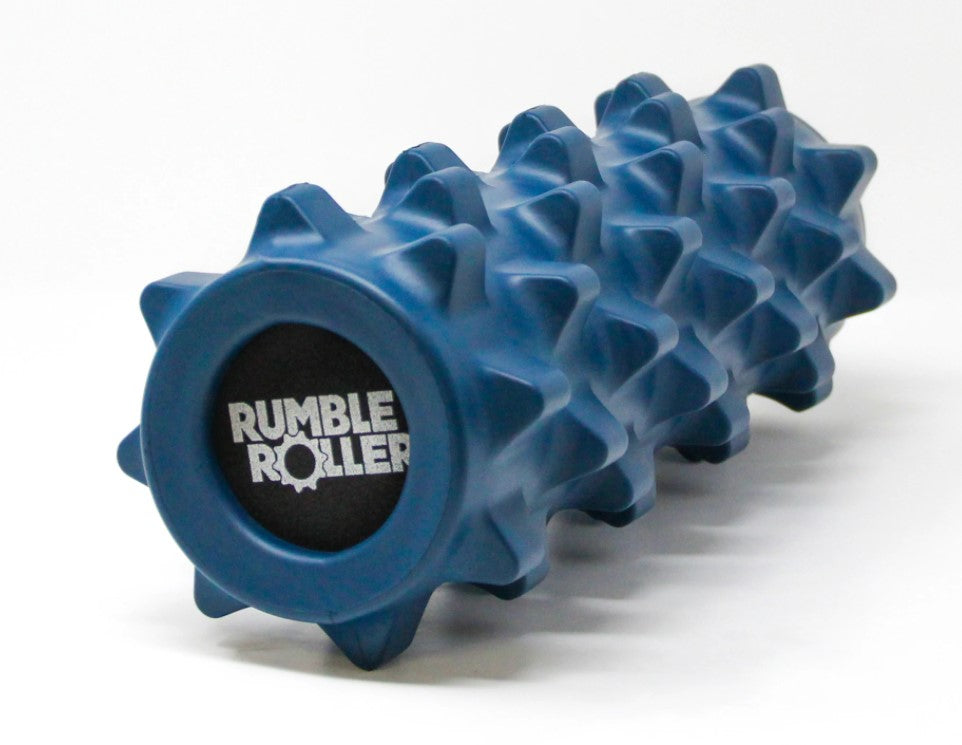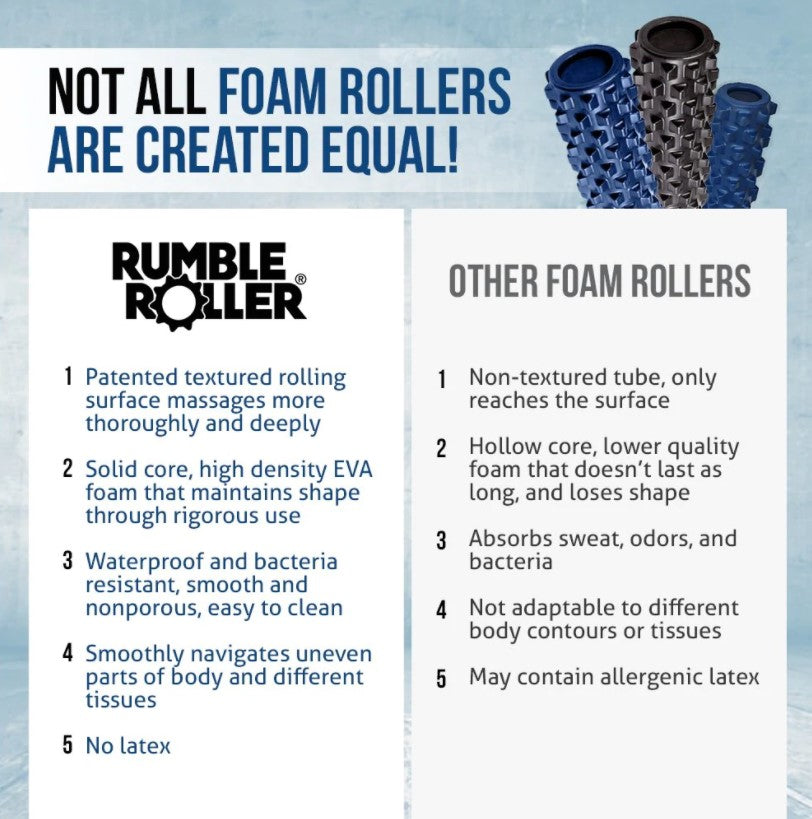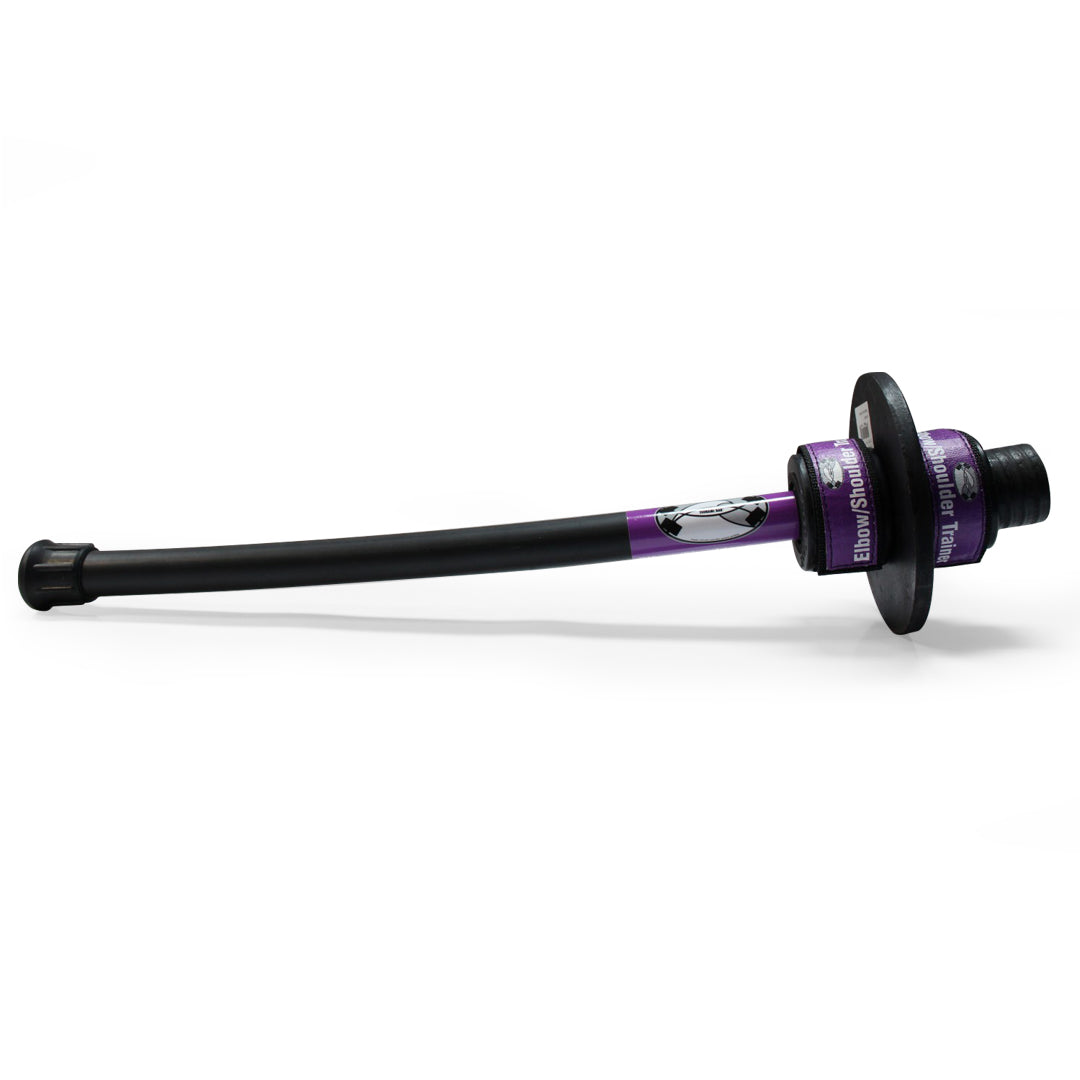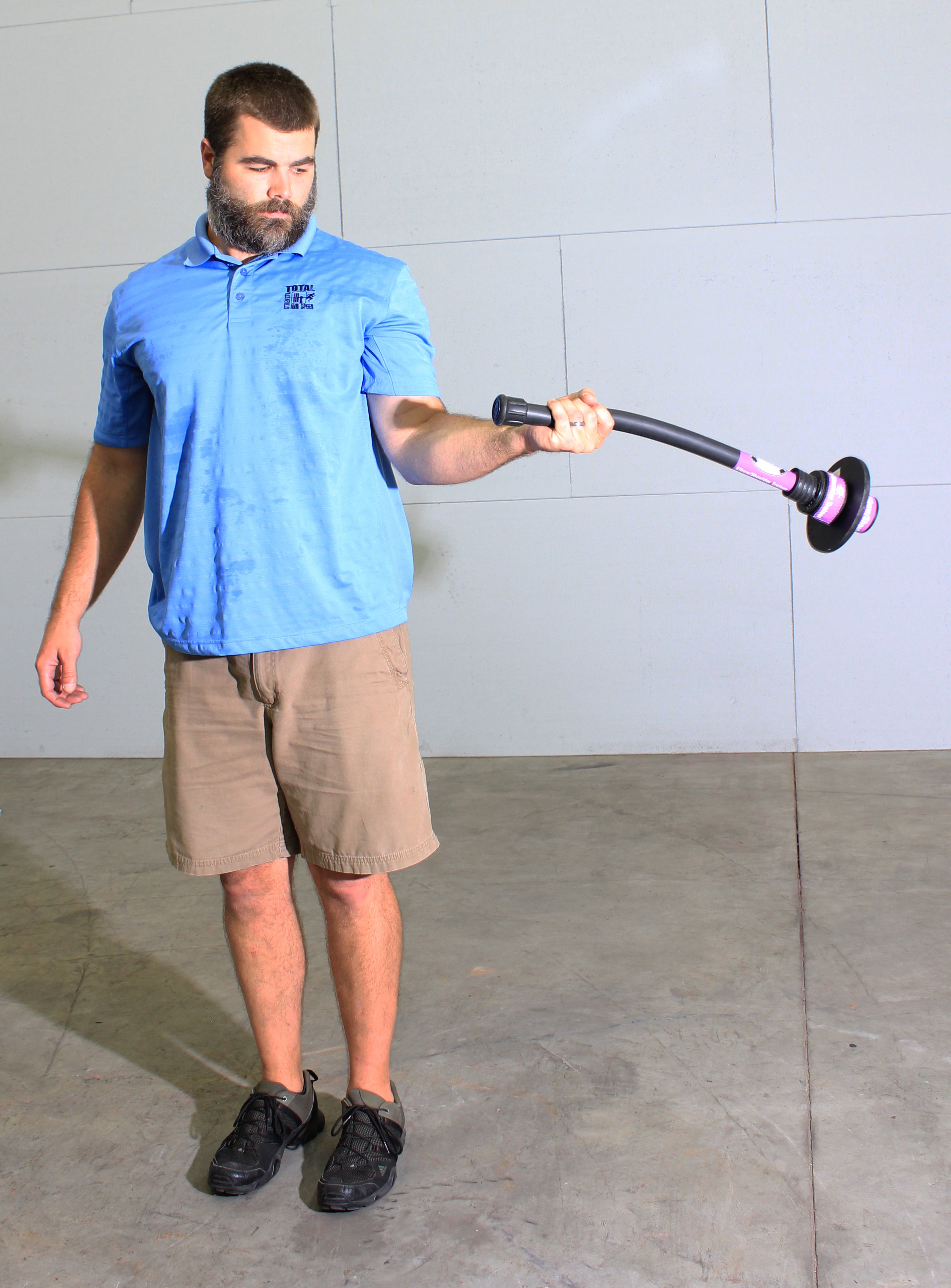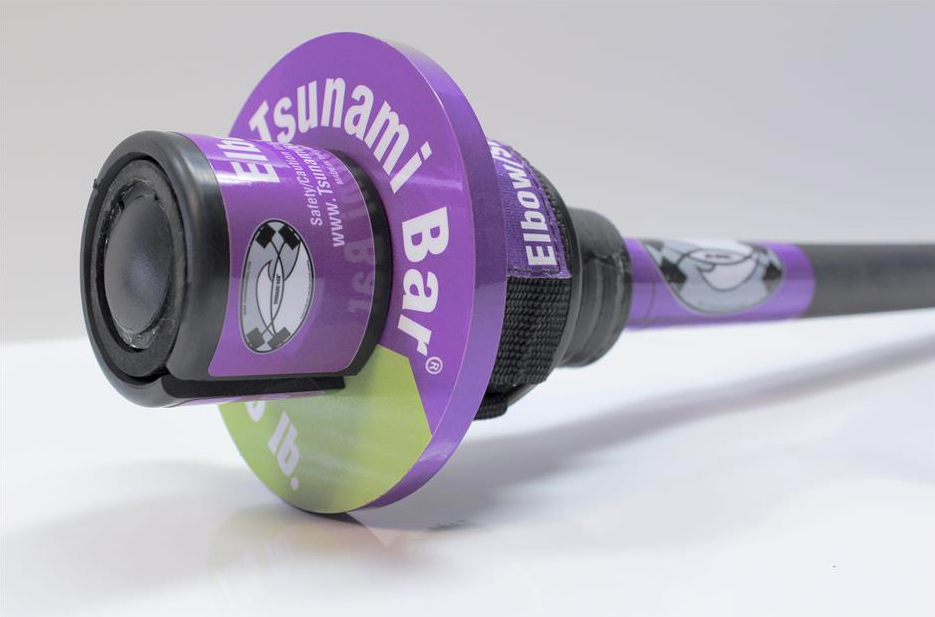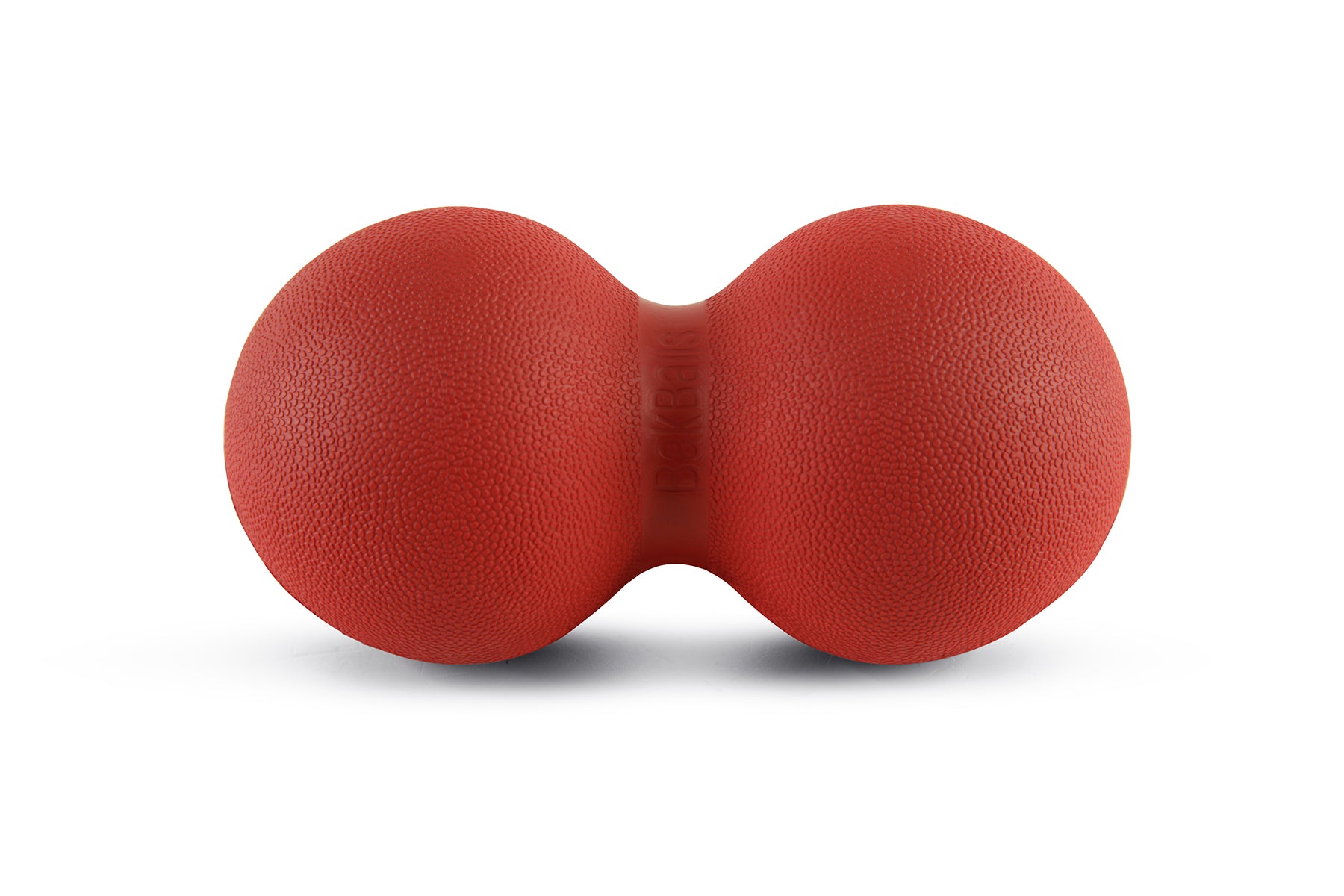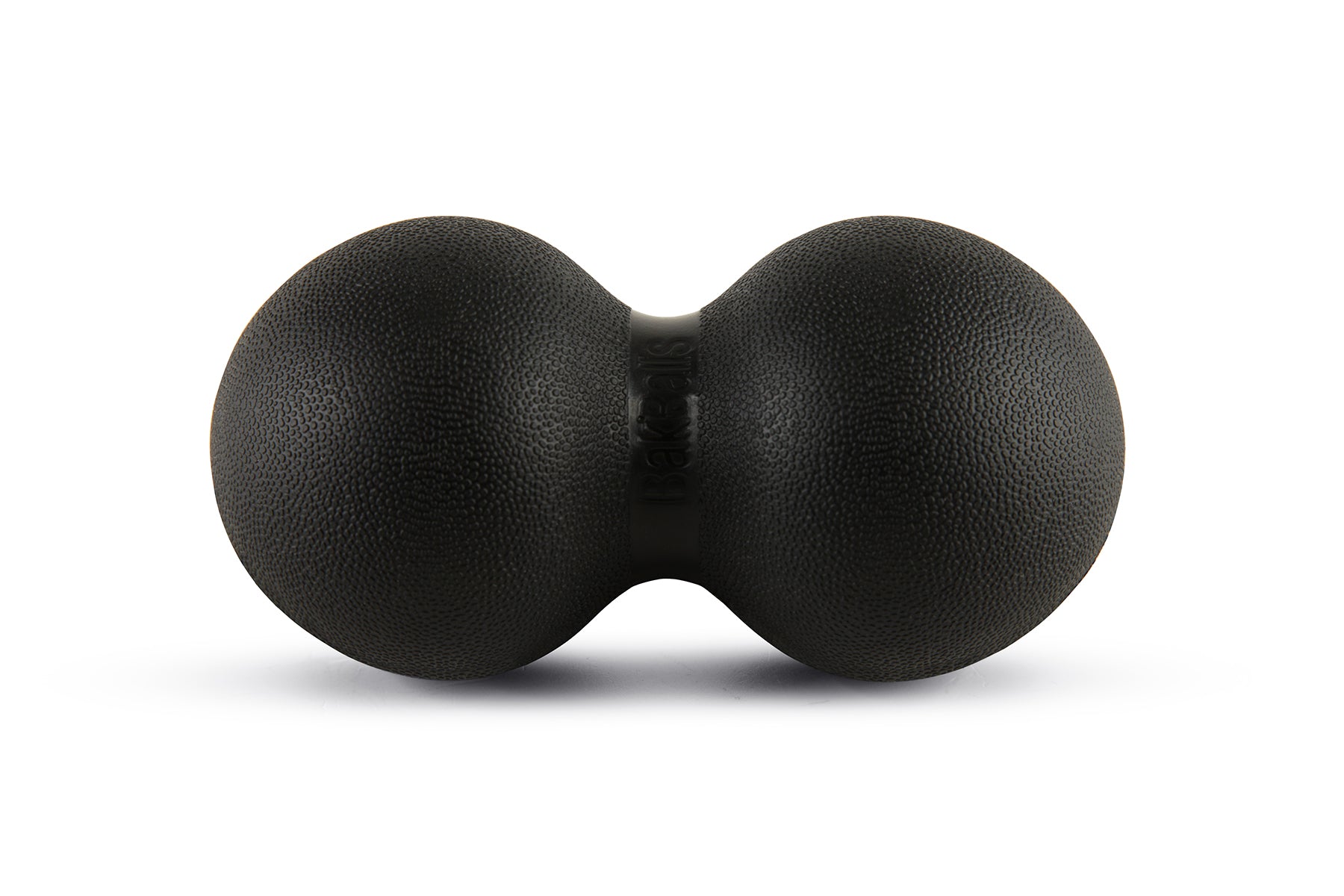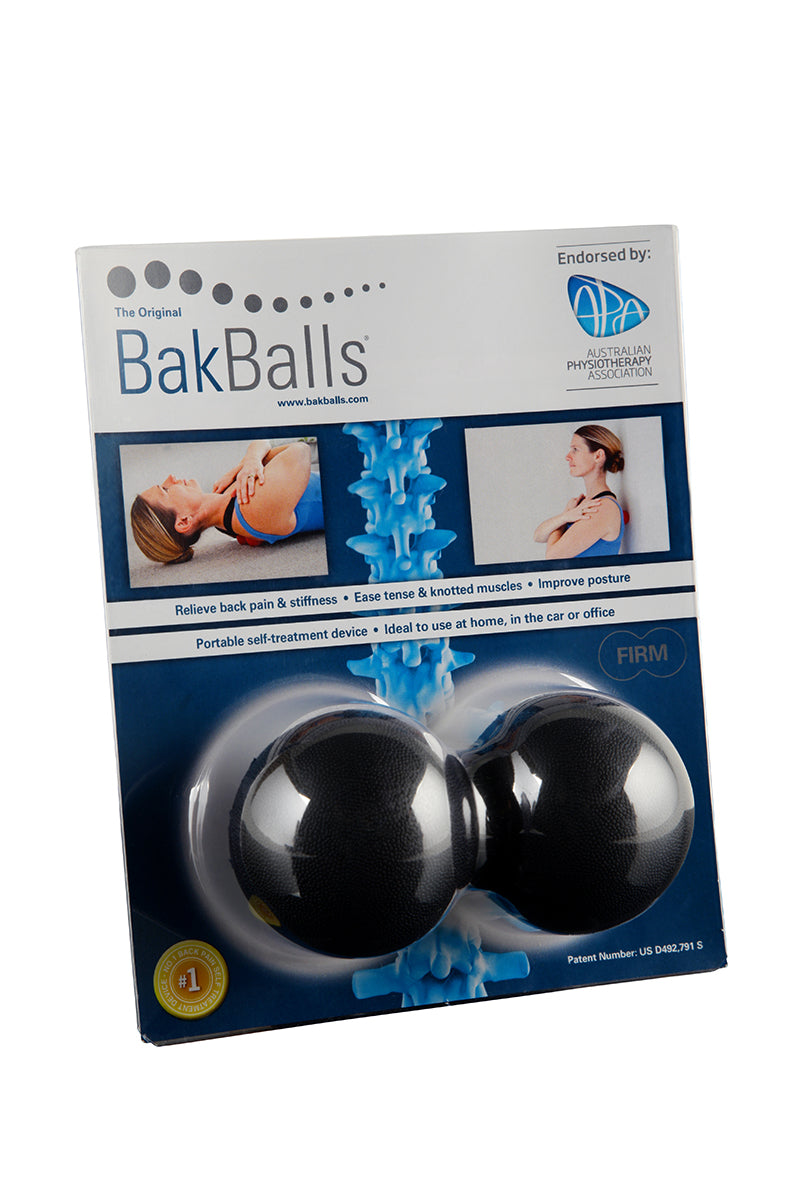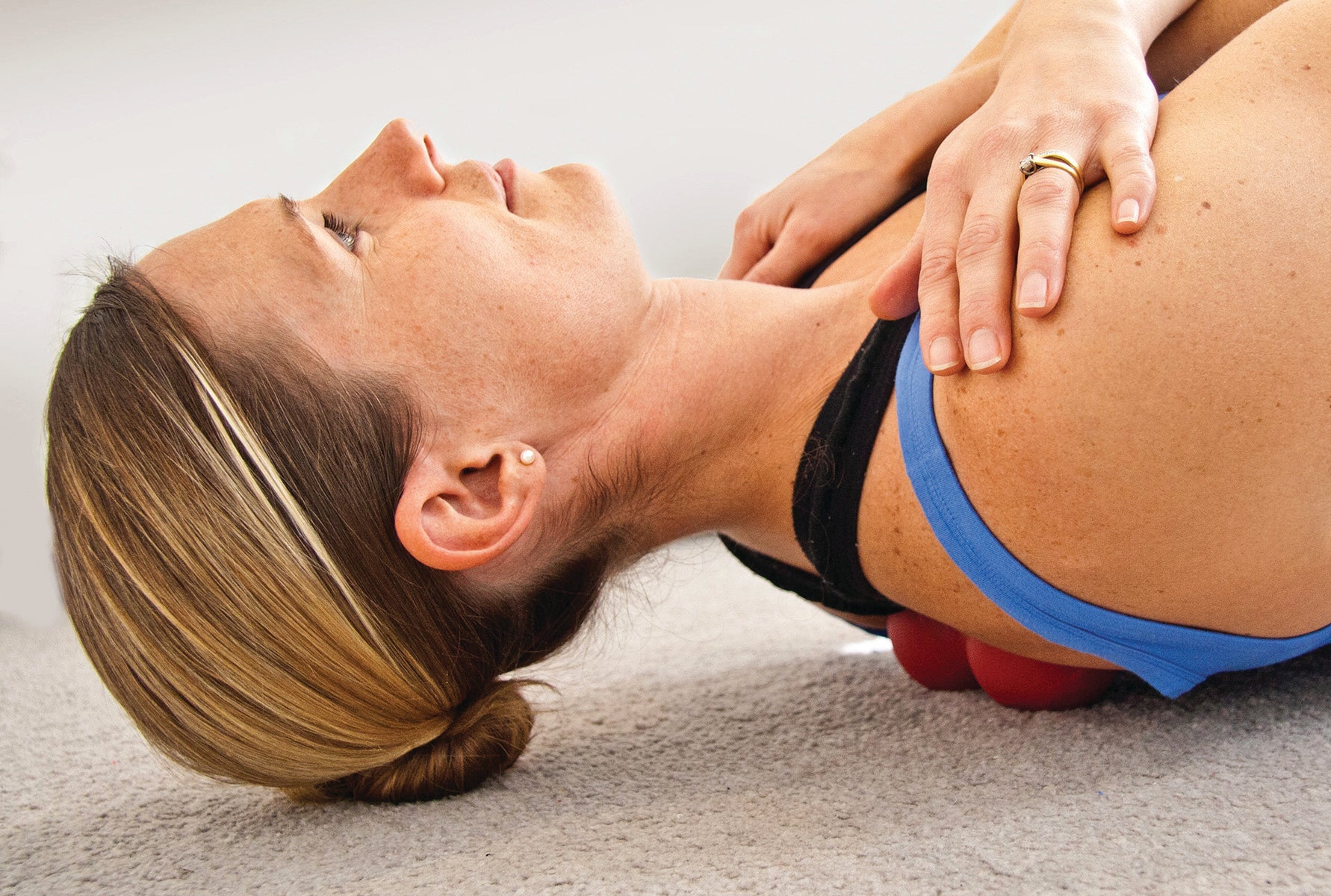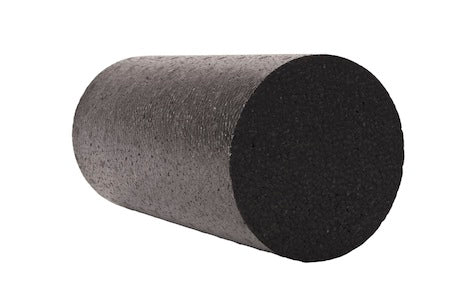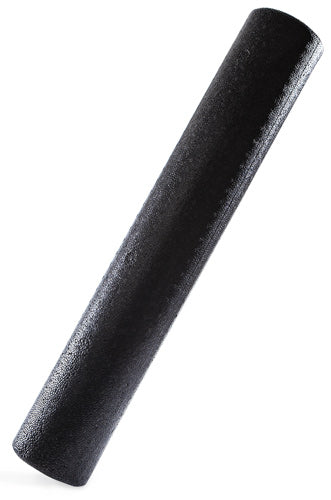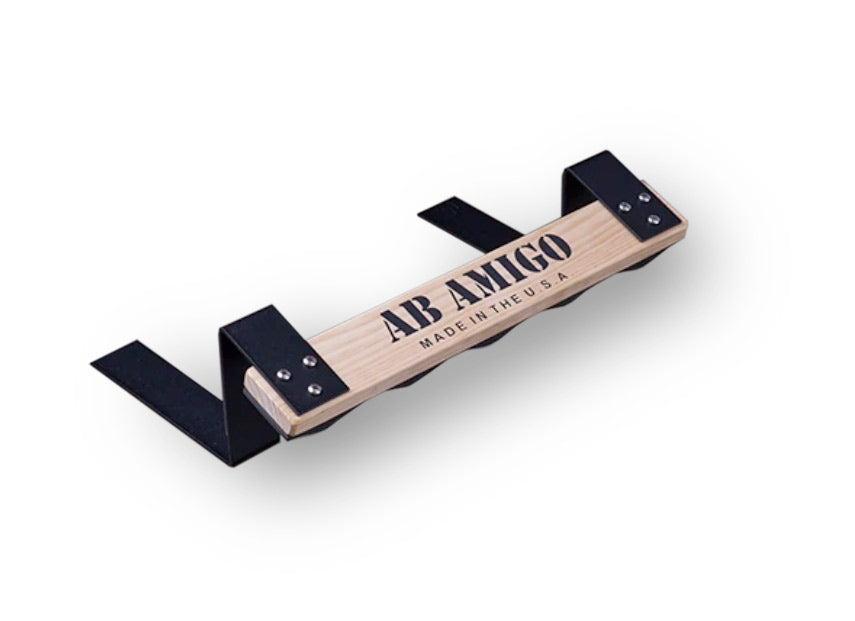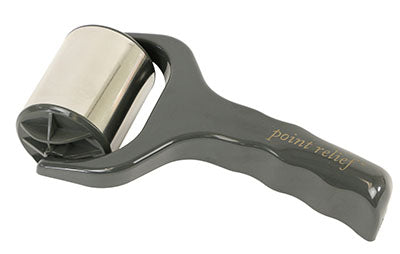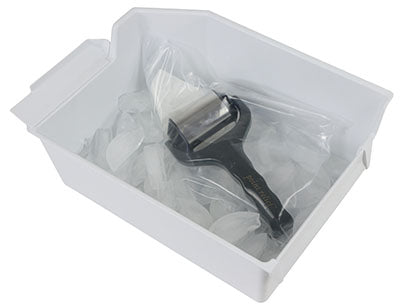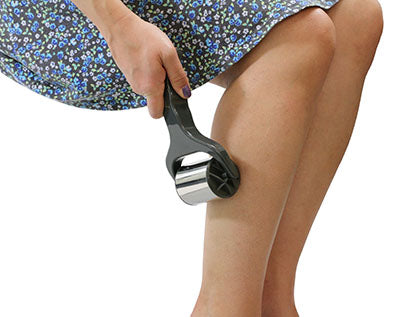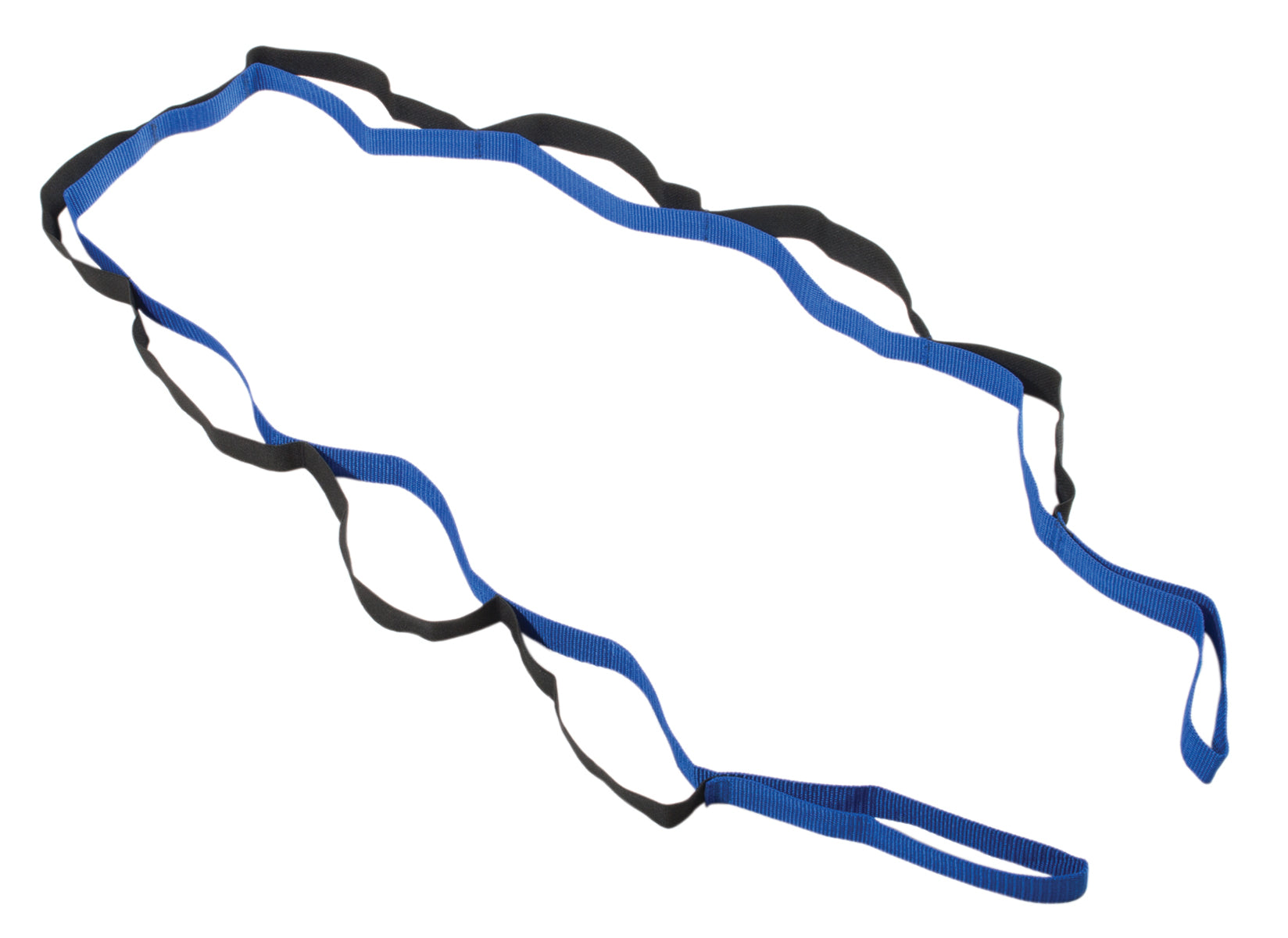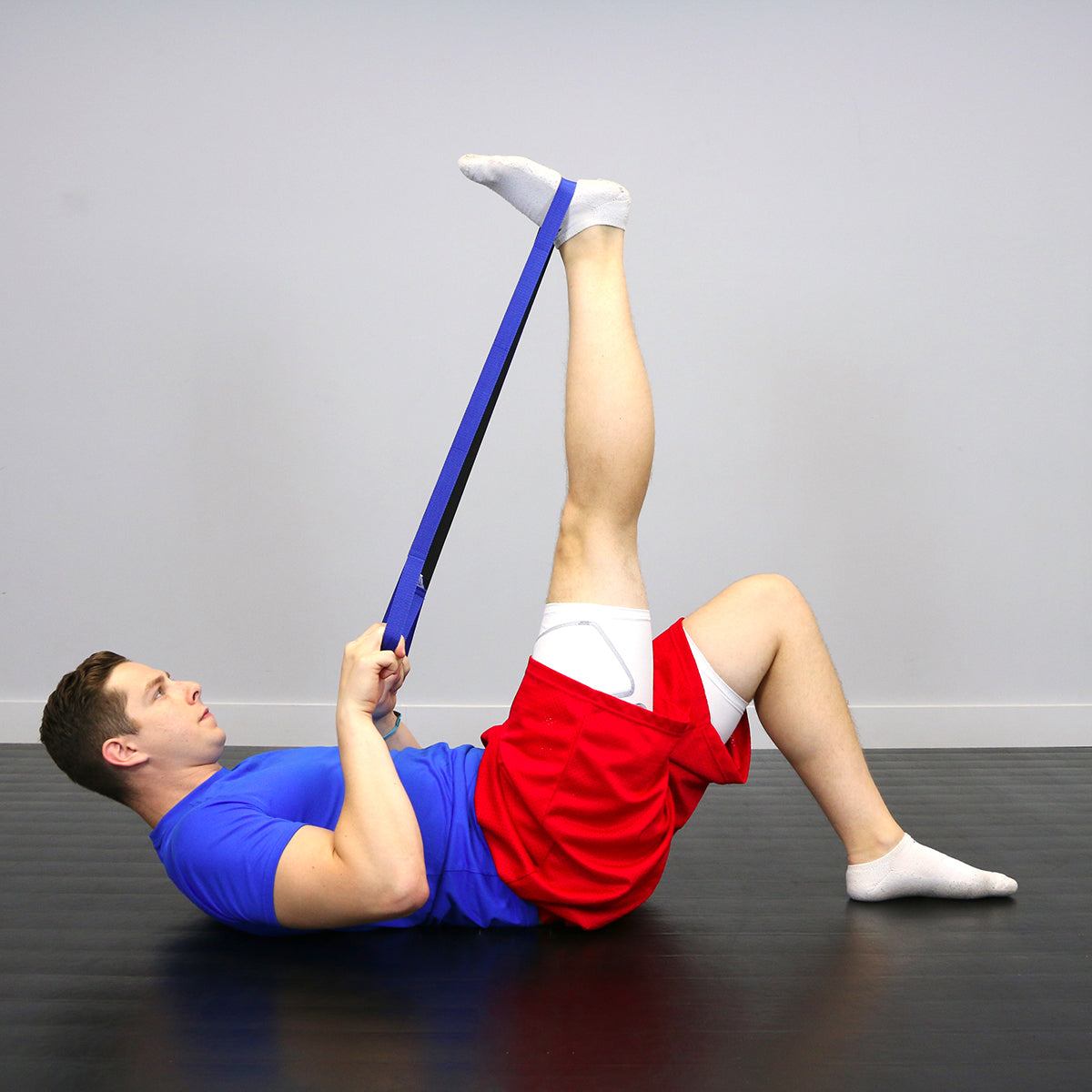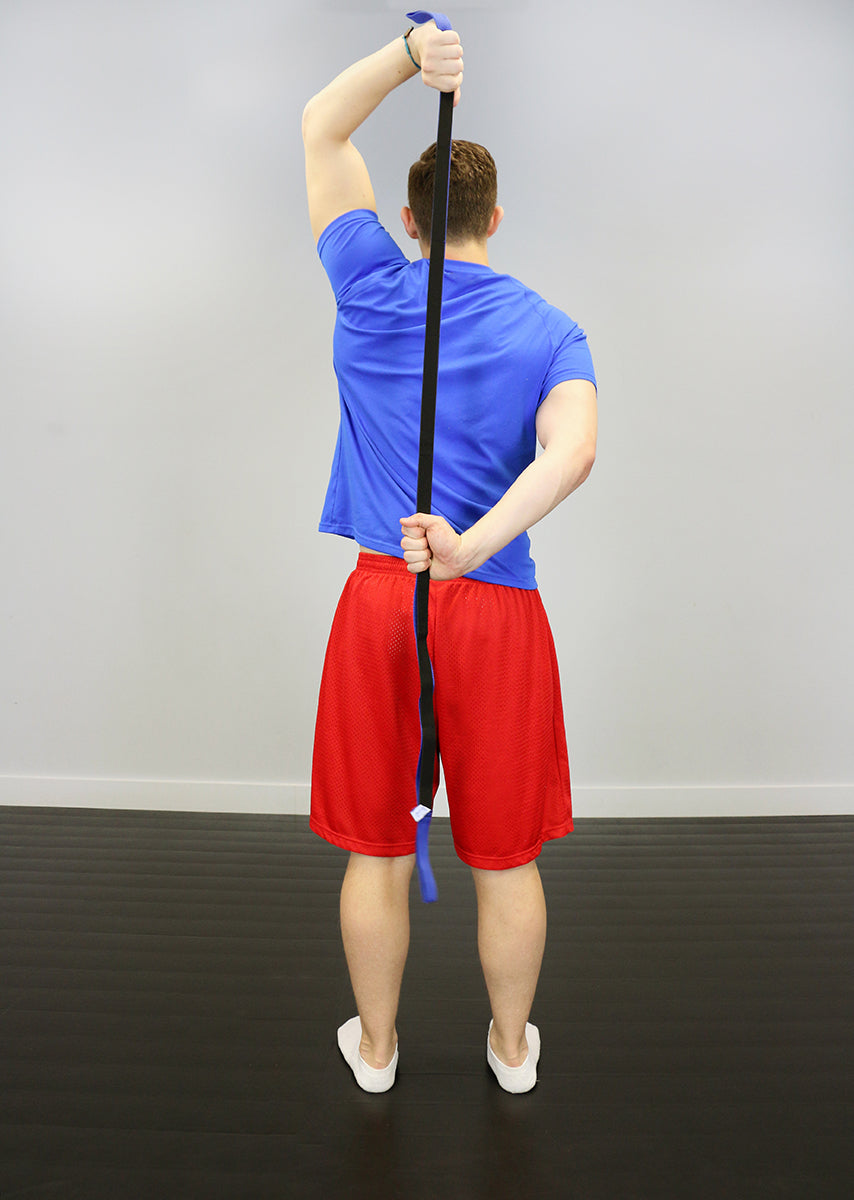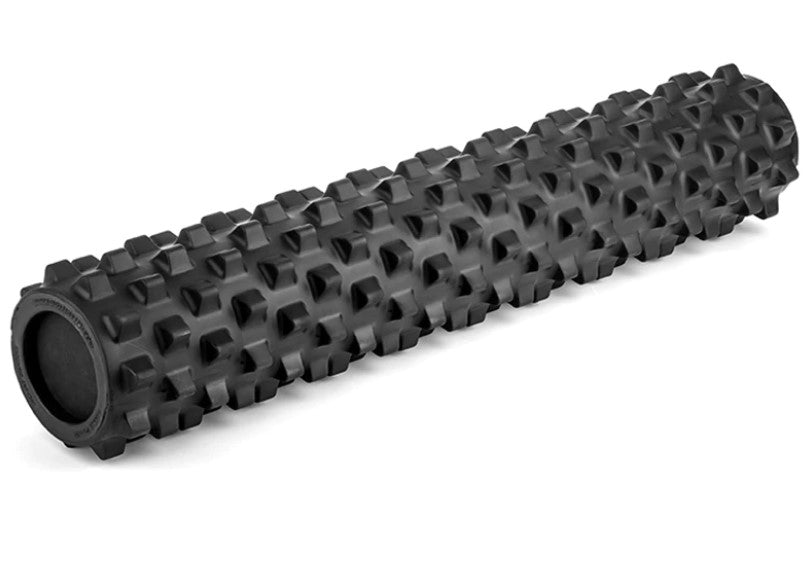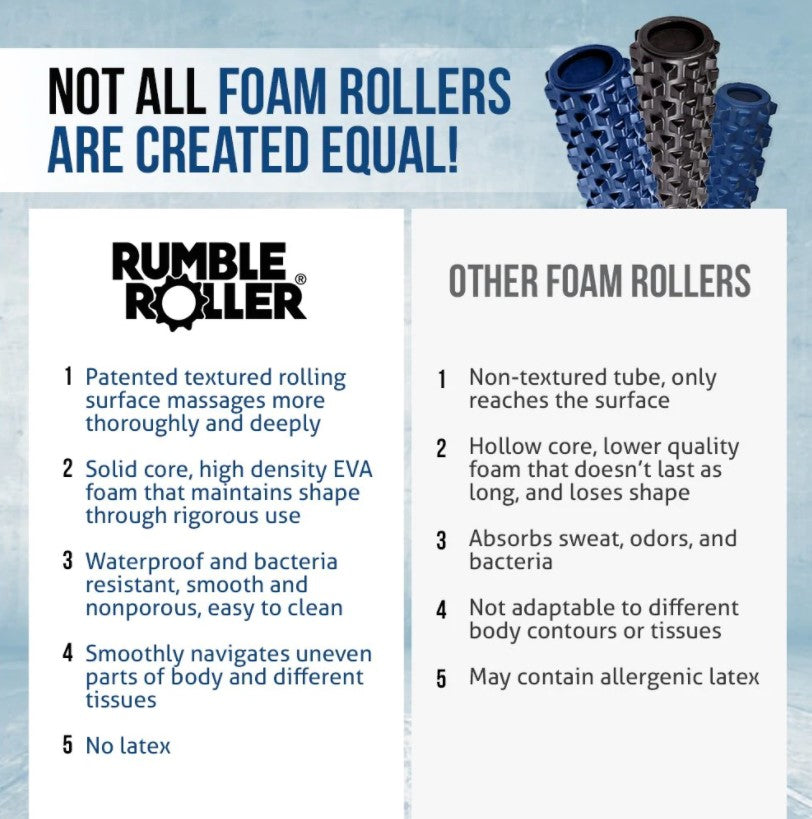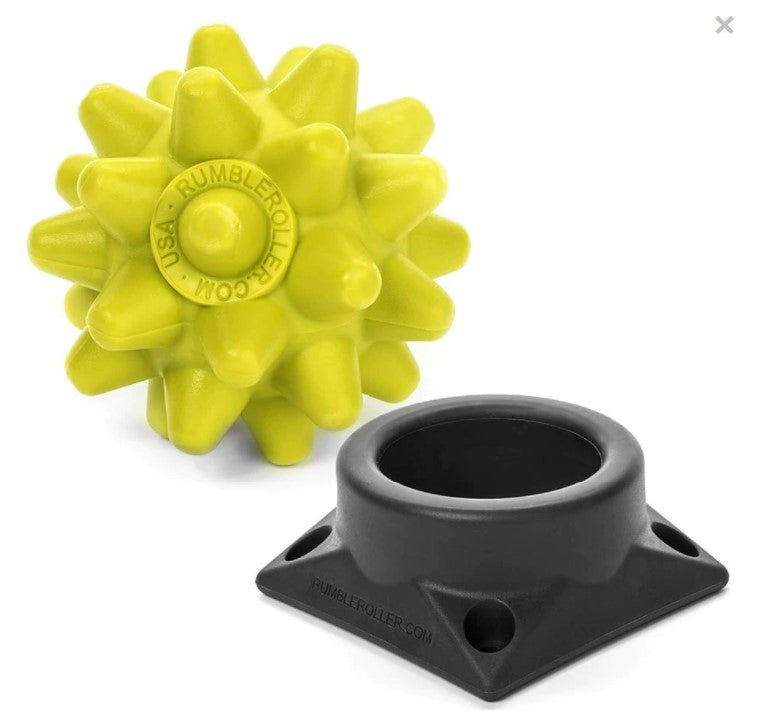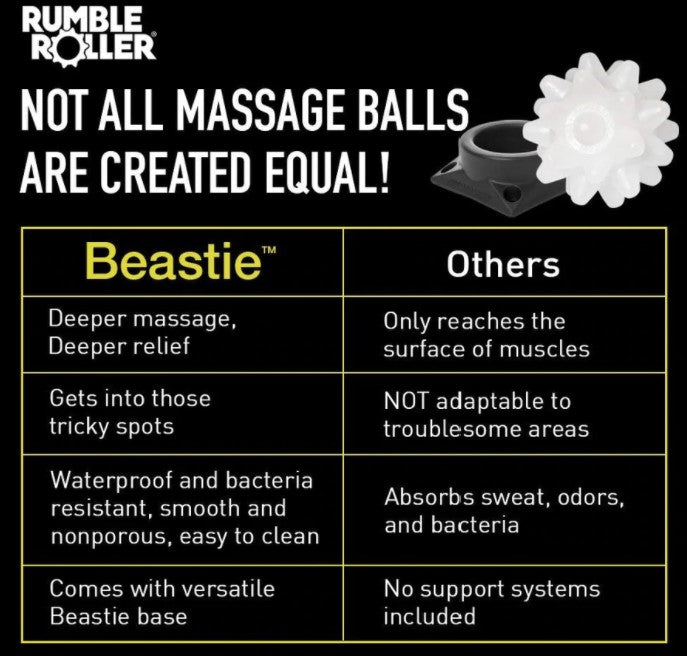I am fortunate to have a dear friend who, for purposes of this article, we will refer to as Jack. Jack is 85 years old, a businessman, a former Marine and a former outstanding athlete. Jack and I met in the early 70's at a local tennis club. We played with and against one another for years. During that time we also became friends and we developed an attorney-client relationship. We lost touch in the mid-90's when I began playing more racquetball than tennis and he began playing more golf.
We didn't see each other for years until we ran into each other in a restaurant in about 2010. It didn't take us long to renew old acquaintances. I visited him at his new business and found out, like me, he had been stalked by the orthopedic reaper. I had just had a hip replaced and had back surgery, and Jack had both shoulders and both knees replaced. DAMN!
RECENT: How To Train Around Old
I had just begun lifting again and was trying to get ready to compete. I offered to help Jack train and help him rehab his most recent shoulder replacement. We worked together, sporadically for a time, making a little progress and then losing it.
After a year or so of intermittent training, Jack came to see me. He was walking with a cane. He had fallen and broken five ribs and had been diagnosed with Parkinson's Disease. I didn't believe he had Parkinson's because I had not seen any slow decline in his physical ability but his falling had alarmed his doctors. As soon as his ribs allowed, we went to work. Except for a brief respite in 2013, we have not stopped.
Before I describe what we did and the conclusions I draw therefrom, let me first say I am not a scientist. My degrees are not in any science involving the body; they are in history and law. What little I know about physical training came from my days as an athlete, Donnie Thompson, Dave Tate, Jim Wendler and Mark Rippetoe along with the athletes and columnists of elitefts.com whose articles and logs I read. My friend Dr. Bryan Mann might be appalled at my lack of scientific method, but inasmuch as I do not expect a peer review in a scientific journal, here is what we did.
I tried, as often as possible, to use compound movements and the powerlifting mindset and techniques to first build strength. I told Jack, "I don't care if you fall, I want you to be strong enough to get the hell back up." We first concentrated on squats and in fact we still do. Jack made great progress getting his legs stronger and also increased his core strength in the process. Both helped tremendously in his ability to walk better. In addition, farmer's carries have helped posture, and deadlifting has helped his squat (and vice versa). Because he had both shoulders replaced, we had a hell of a time with the bench press. I also have a shoulder problem, so I bought a
Shoulder Saver from EliteFTS and it has helped us both. We used dumbbells for a while to help with Jack's stability but we still had severe bench press problems.
Before we could adequately address these issues, more severe problems presented themselves. While we had both been stalked by the orthopedic reaper, now the internal reaper decided to stalk us both. In February of 2013 I underwent open heart surgery with five bypasses, and then prostate surgery in July. Jack says he caught whatever I had and he had a heart event that required stint in April of 2013. We were in cardiac rehab together and at its conclusion we both vowed to come back stronger than we had been — and we have.
We went to work in July and with some exceptions for life, family, or work we haven't stopped. Last summer the doctor stopped the Parkinson's medication with no consequences. They finally realized that Jack did not have Parkinson's. Jack told me that on a family vacation at the beach he experienced a fall. I asked what he did and he replied, "I got the hell back up!"
Now back to our bench press problem. At a visit to the doctor who replaced his shoulder, Jack explained that he was lifting weights but was having shoulder problems. The doctor asked if we could work around it. That gave me an idea. Thereafter I tried to work all the muscles that I could think of around the deltoids; the biceps, triceps, lats, traps and all the other back muscles whose names I don't know. Wonder of wonders, the bench press improved greatly! More importantly there was no pain. Now if we continue that regimen, I expect the bench press to improve dramatically.
Recently Jack made a date for golf. He was concerned that he might fall. I told him if he did, just to get the hell back up and keep playing. Not only did he not fall, he told me he hit the ball further than he ever has. YES!
[gallery ids="https://www.elitefts.com/wp/wp-content/uploads/2016/09/20160929_181113-e1475243810954-scaled.jpg|,https://www.elitefts.com/wp/wp-content/uploads/2016/09/20160929_175609-e1475243793869-scaled.jpg|,https://www.elitefts.com/wp/wp-content/uploads/2016/09/20160929_181632-e1475243780536-scaled.jpg|"]It's easy to work with a former excellent athlete. Often what made Jack excellent is his determination to succeed. He never gives up. As the athletic prowess diminishes as we get older, the mindset, the determination, and the will to succeed and improve never does. Jack has done wonders and we are only going to get better and stronger.
Take-away: Compound exercises work. They help make us all stronger. Age is more than a number. It brings physical changes that we can't avoid. It can take away our athleticism but it cannot take away our will, our desire, our determination or our diligence. At any age we can get stronger, better, and more functional. At any age, hard work brings results. Consistent hard work can produce exceptional results. There is no time that we can't do all we can do.
Today Jack walks with no aid, without any difficulty, and without a cane. He plays golf regularly and is my biggest cheerleader at my powerlifting meets. Never underestimate the will of two old friends.










